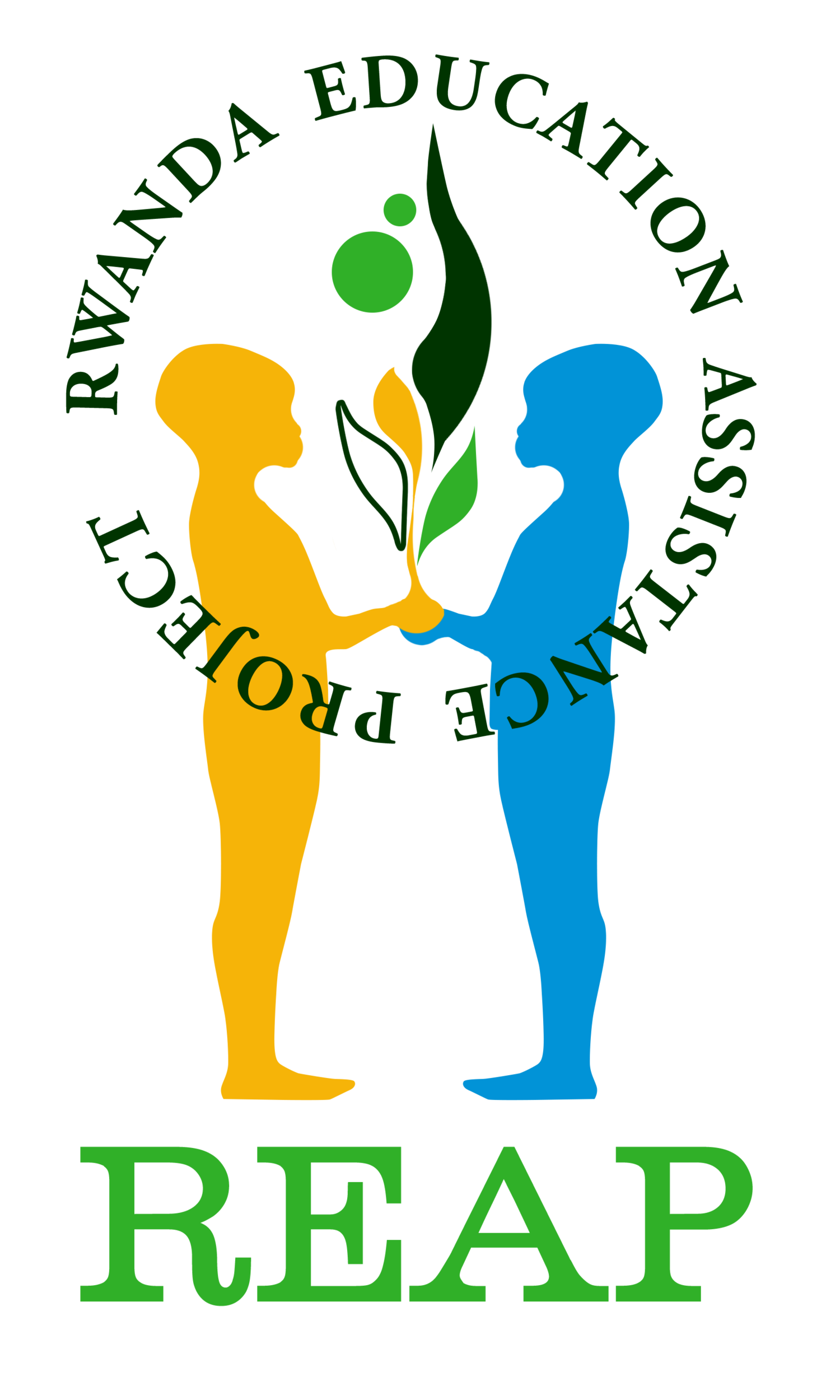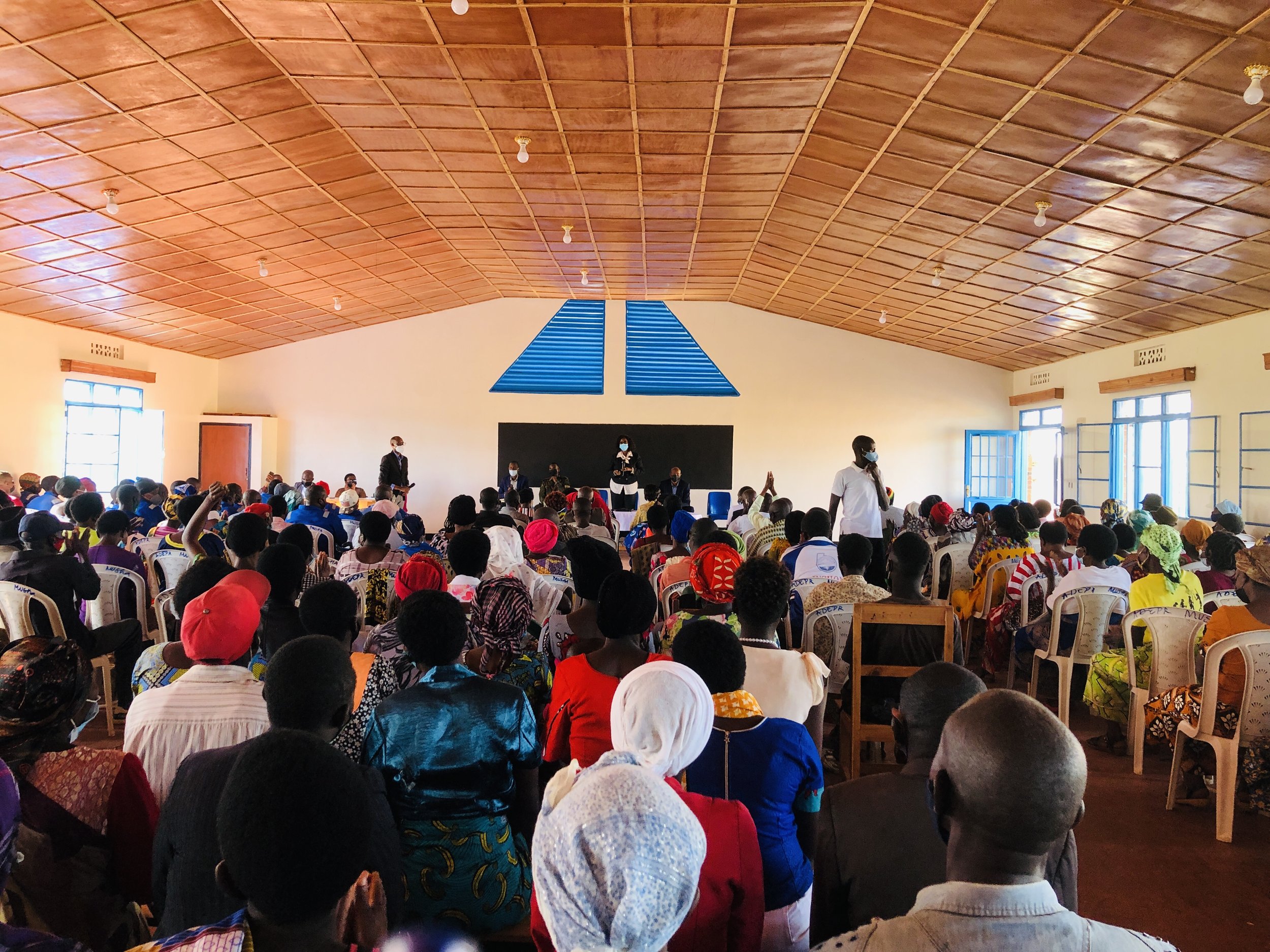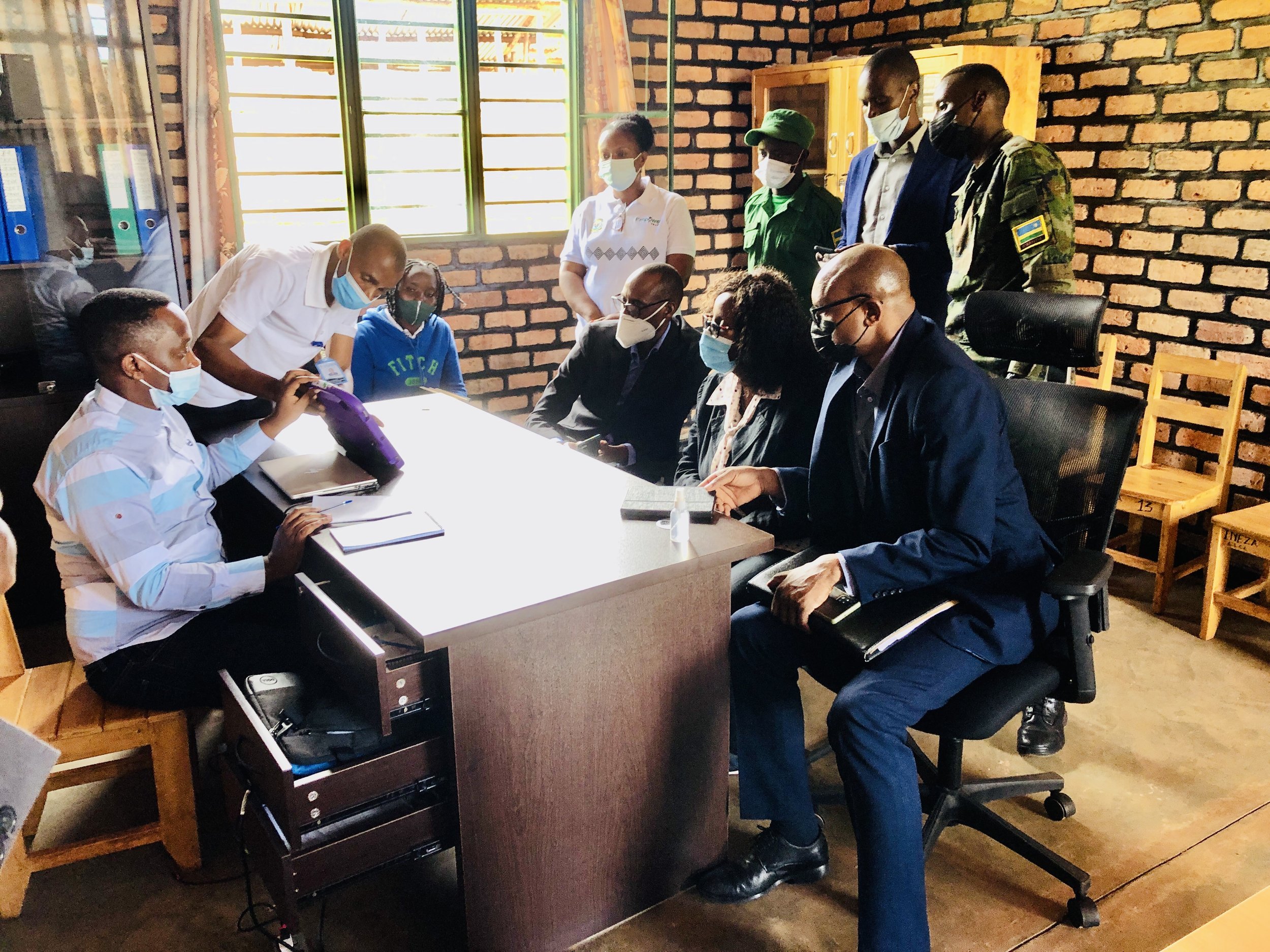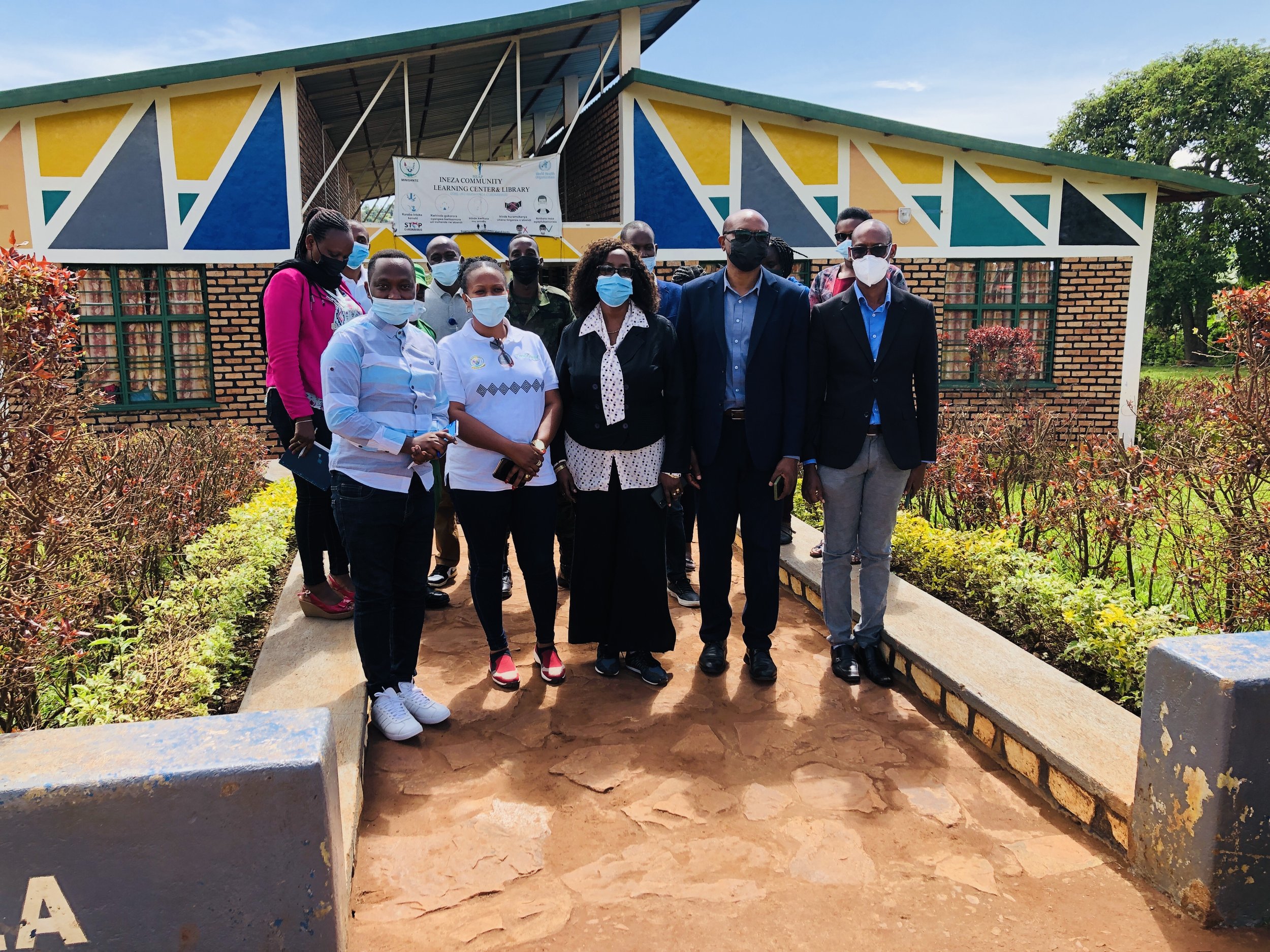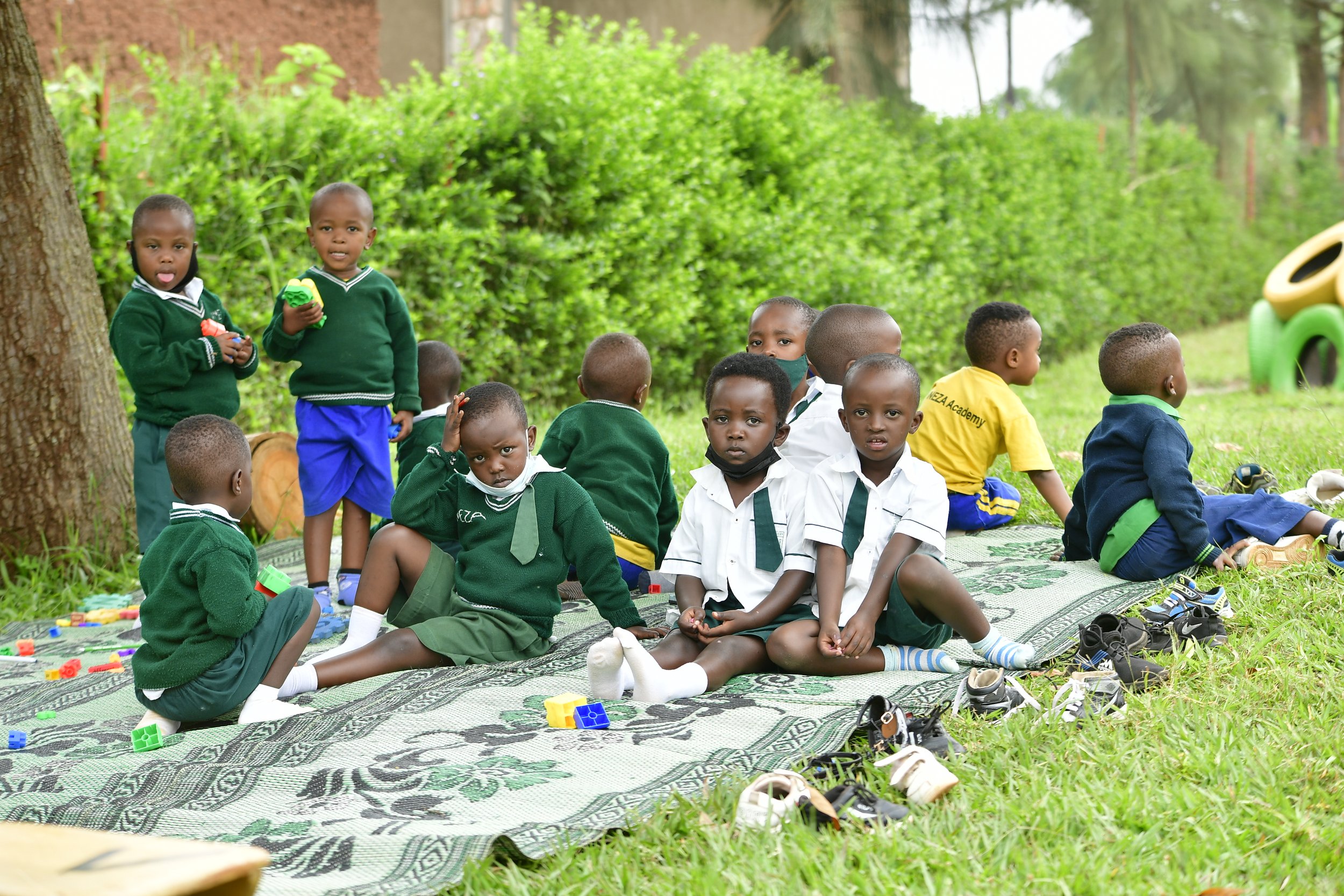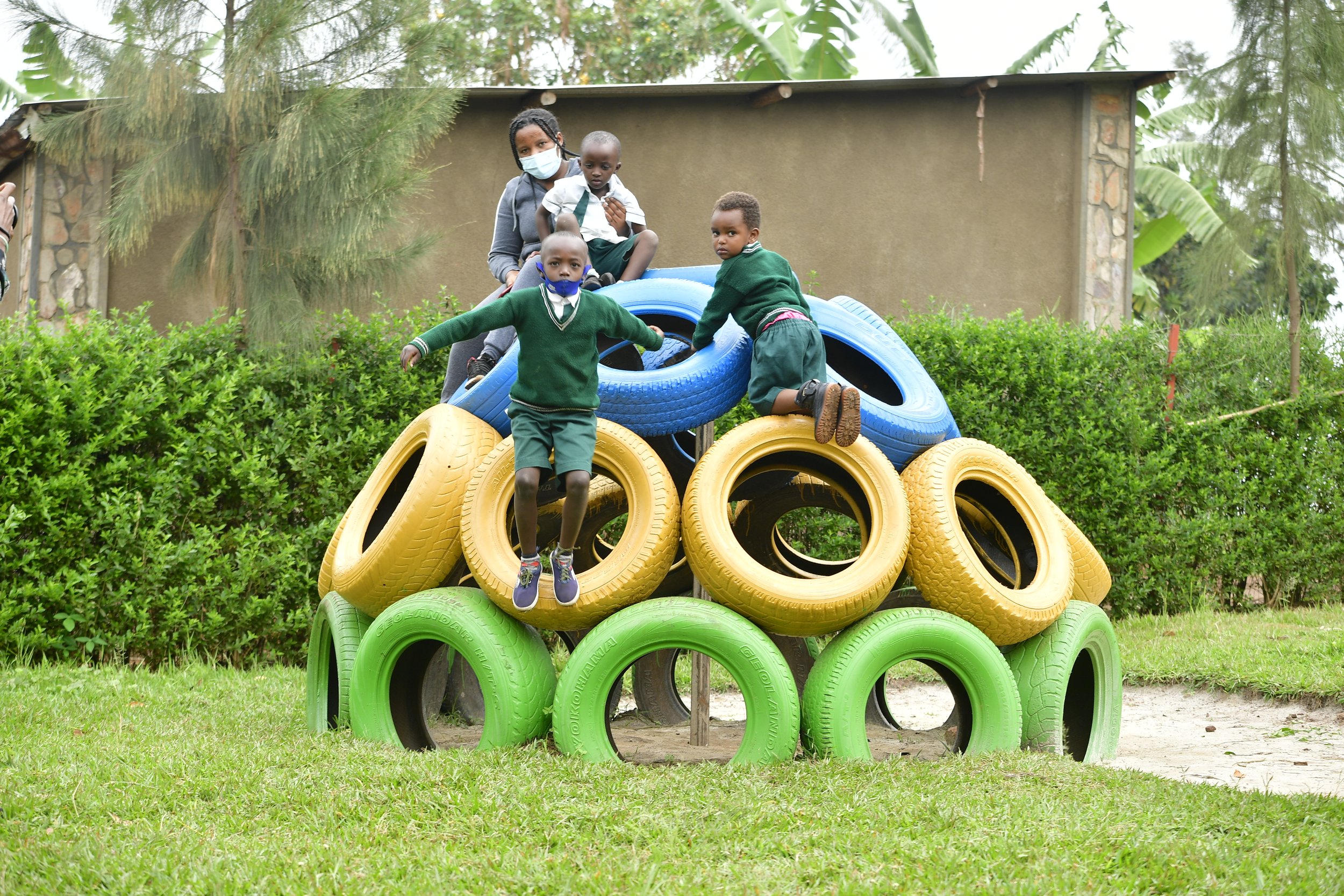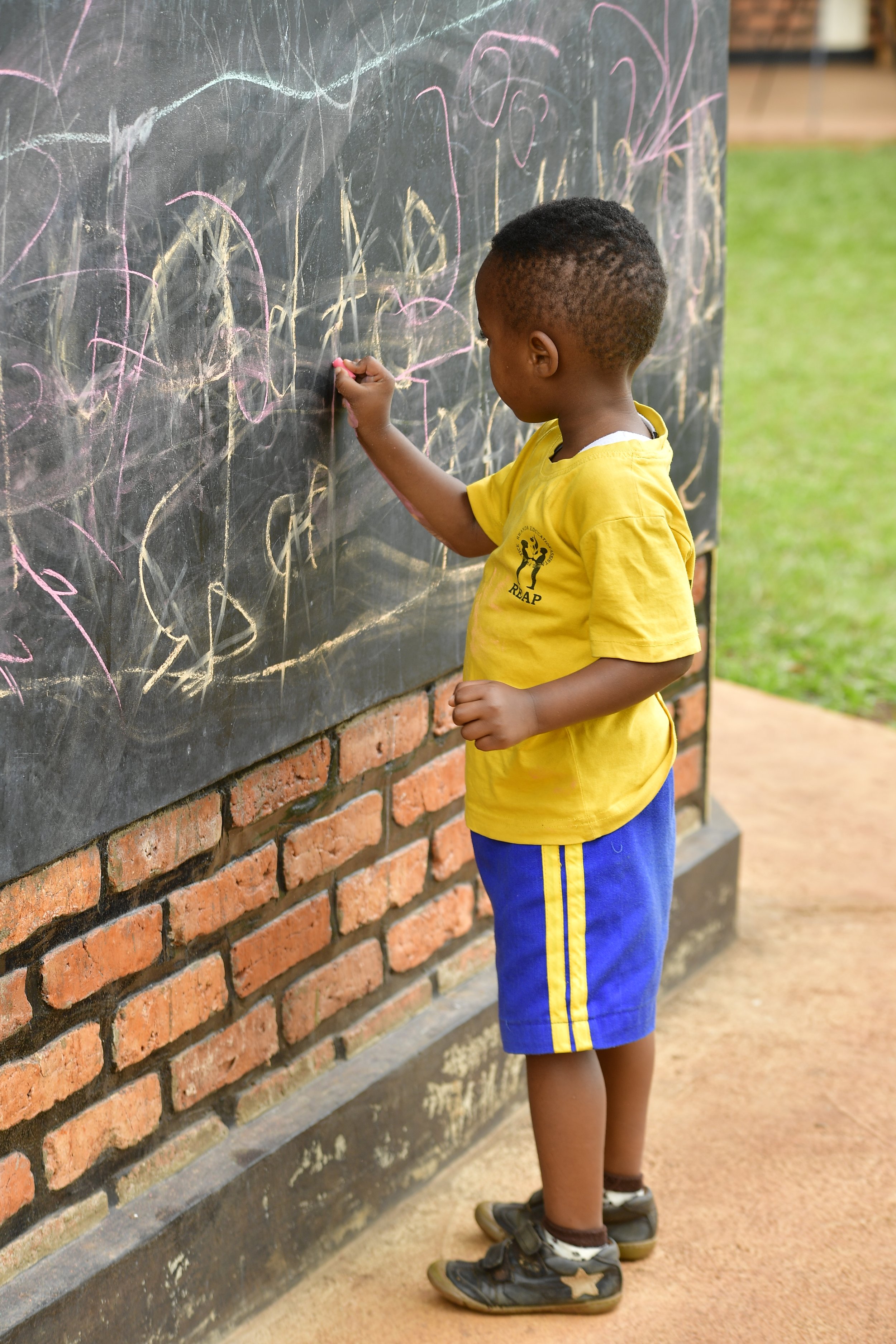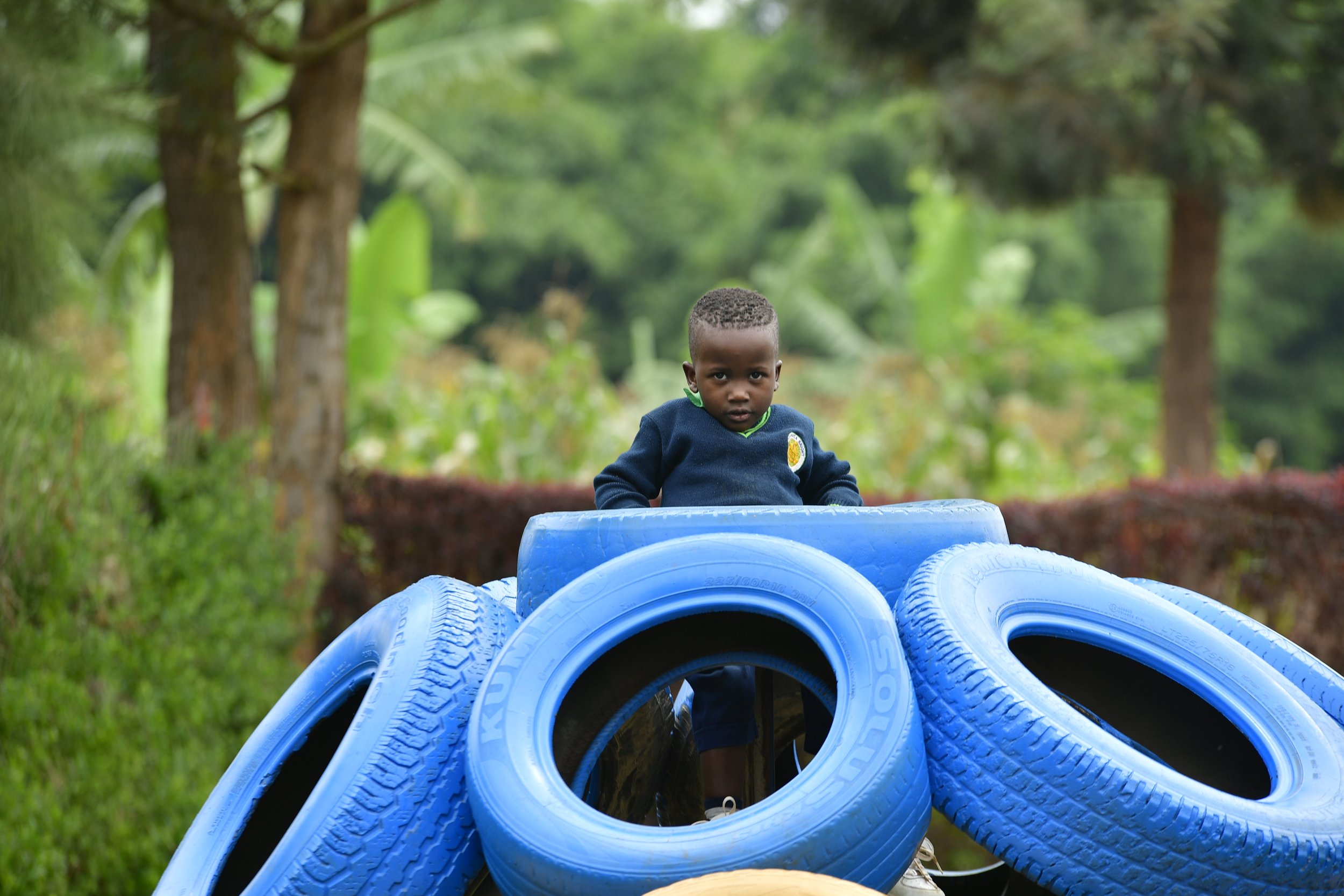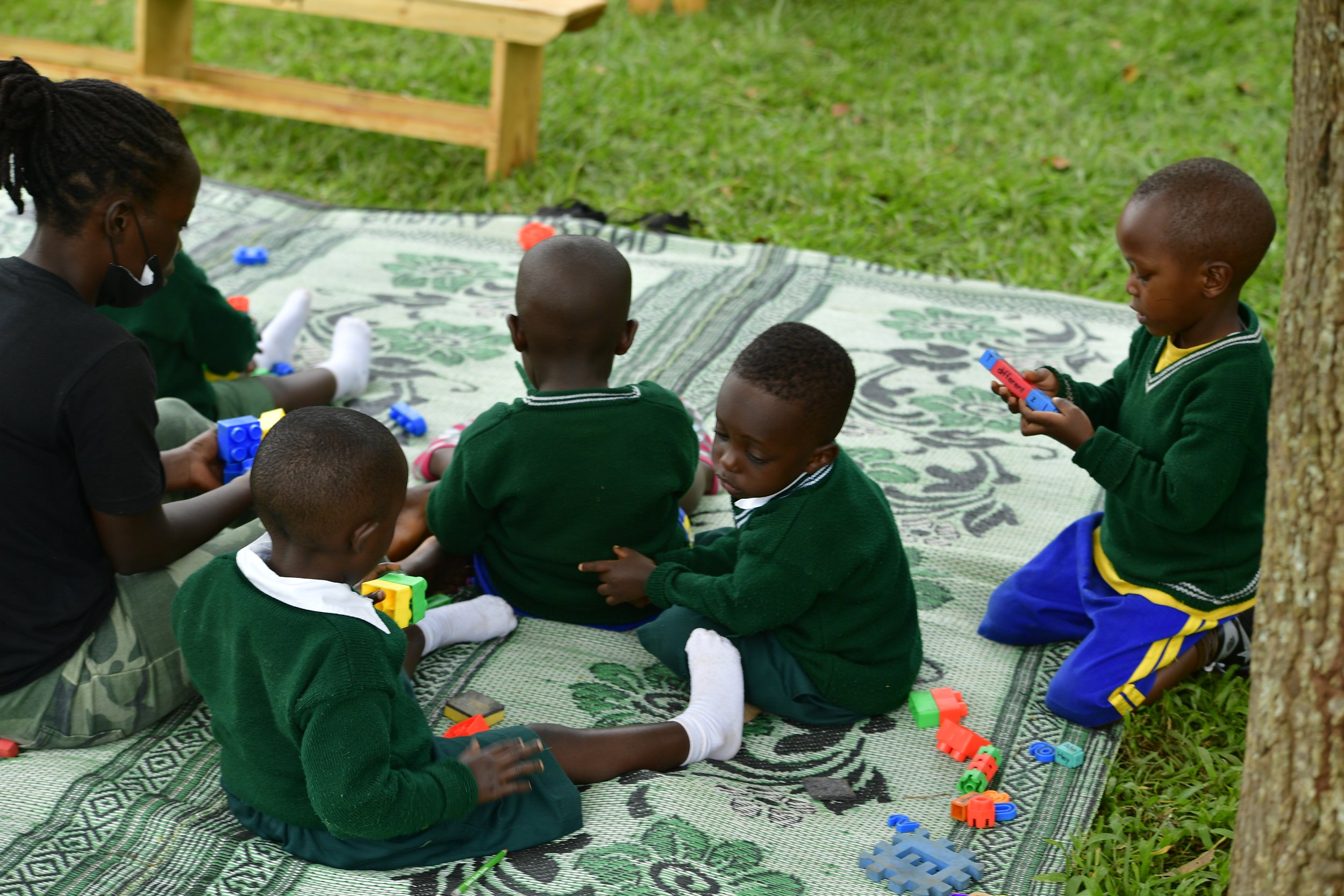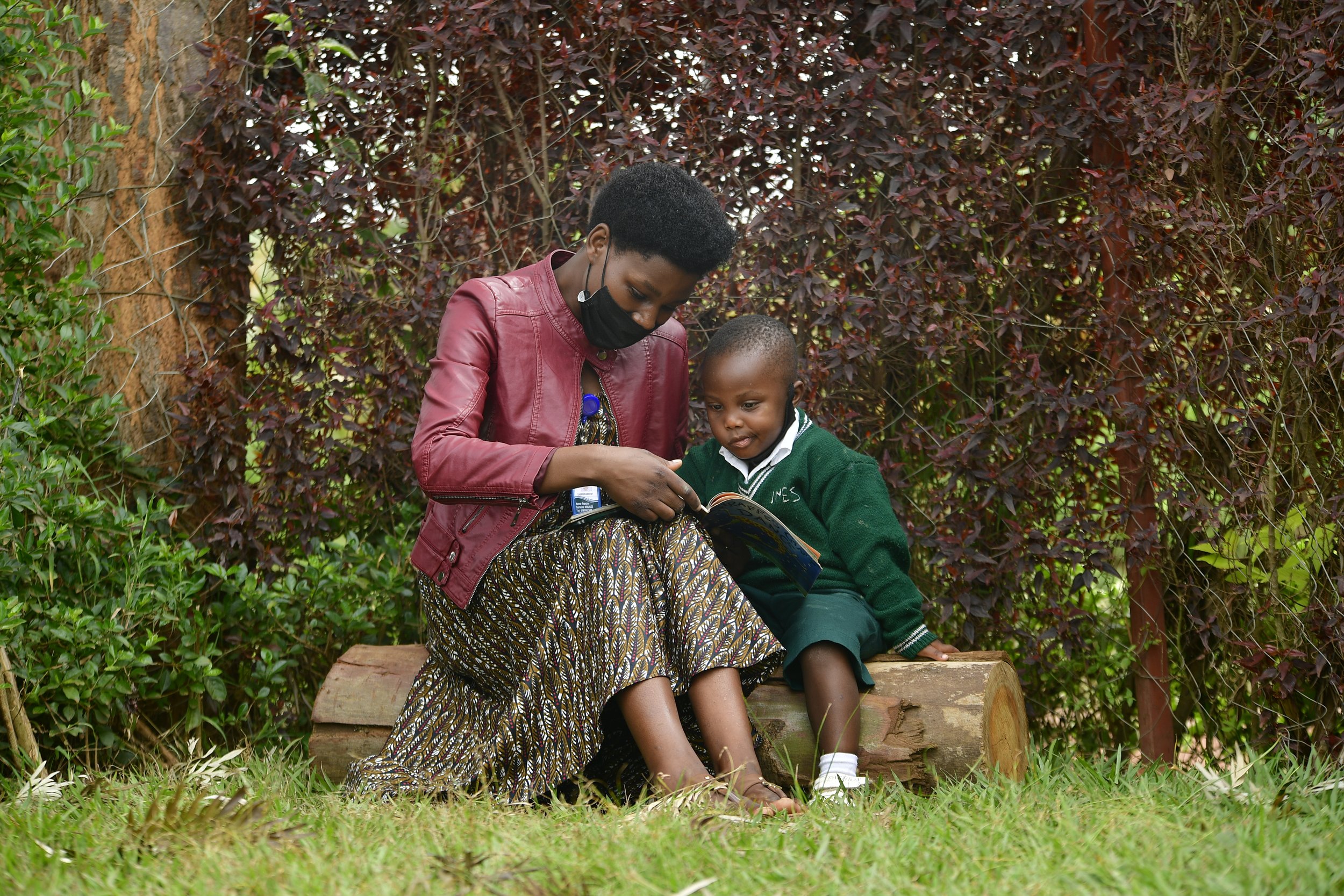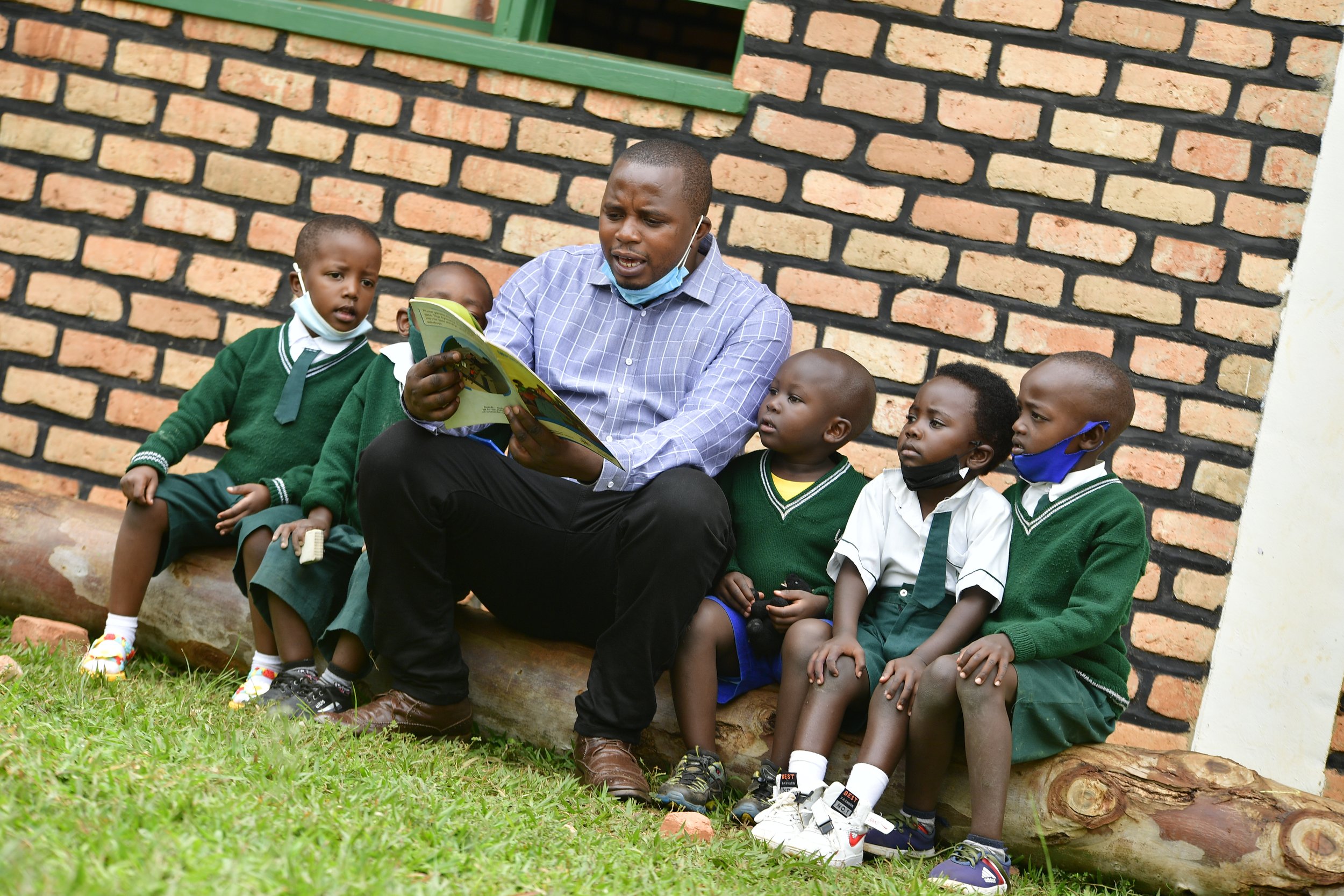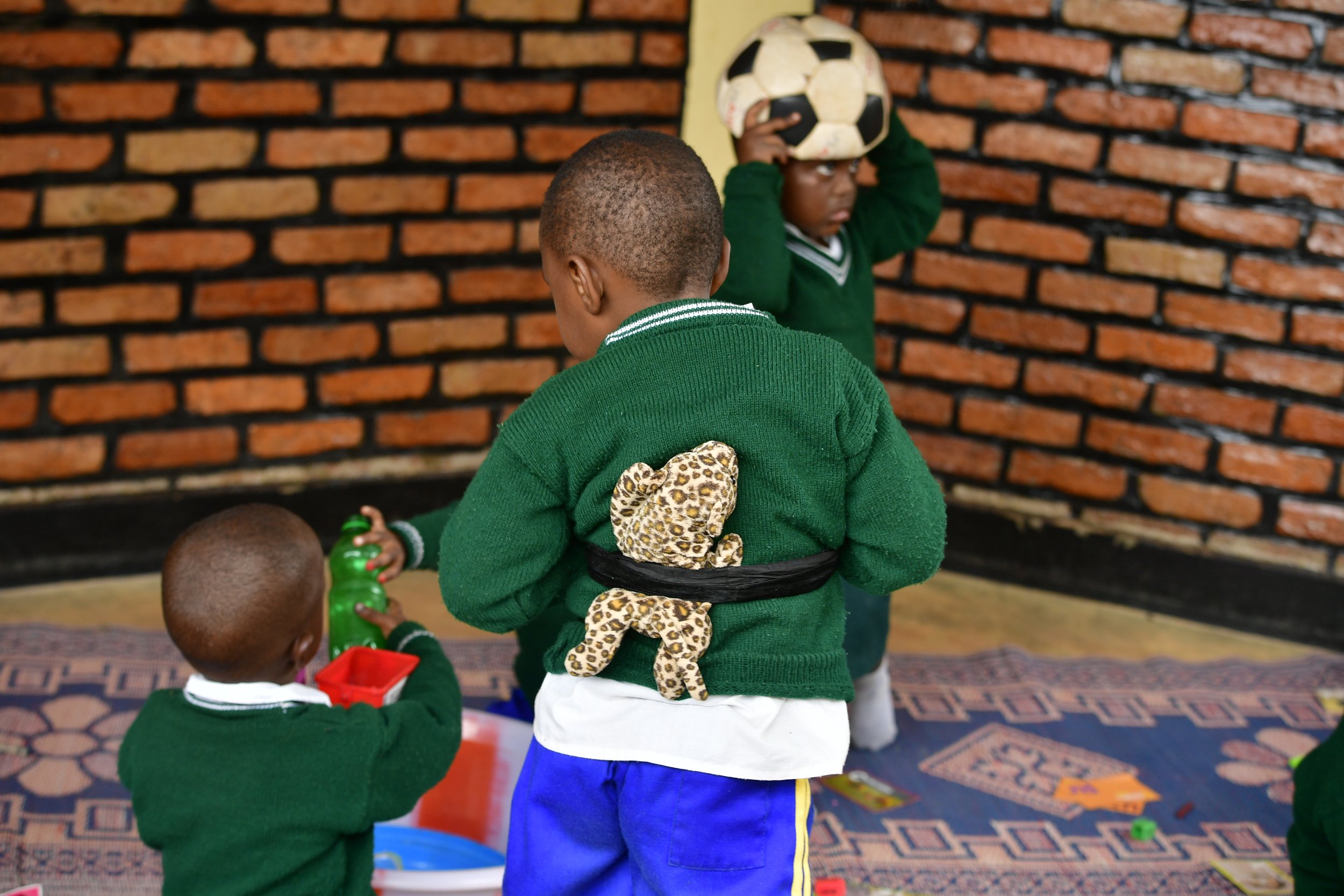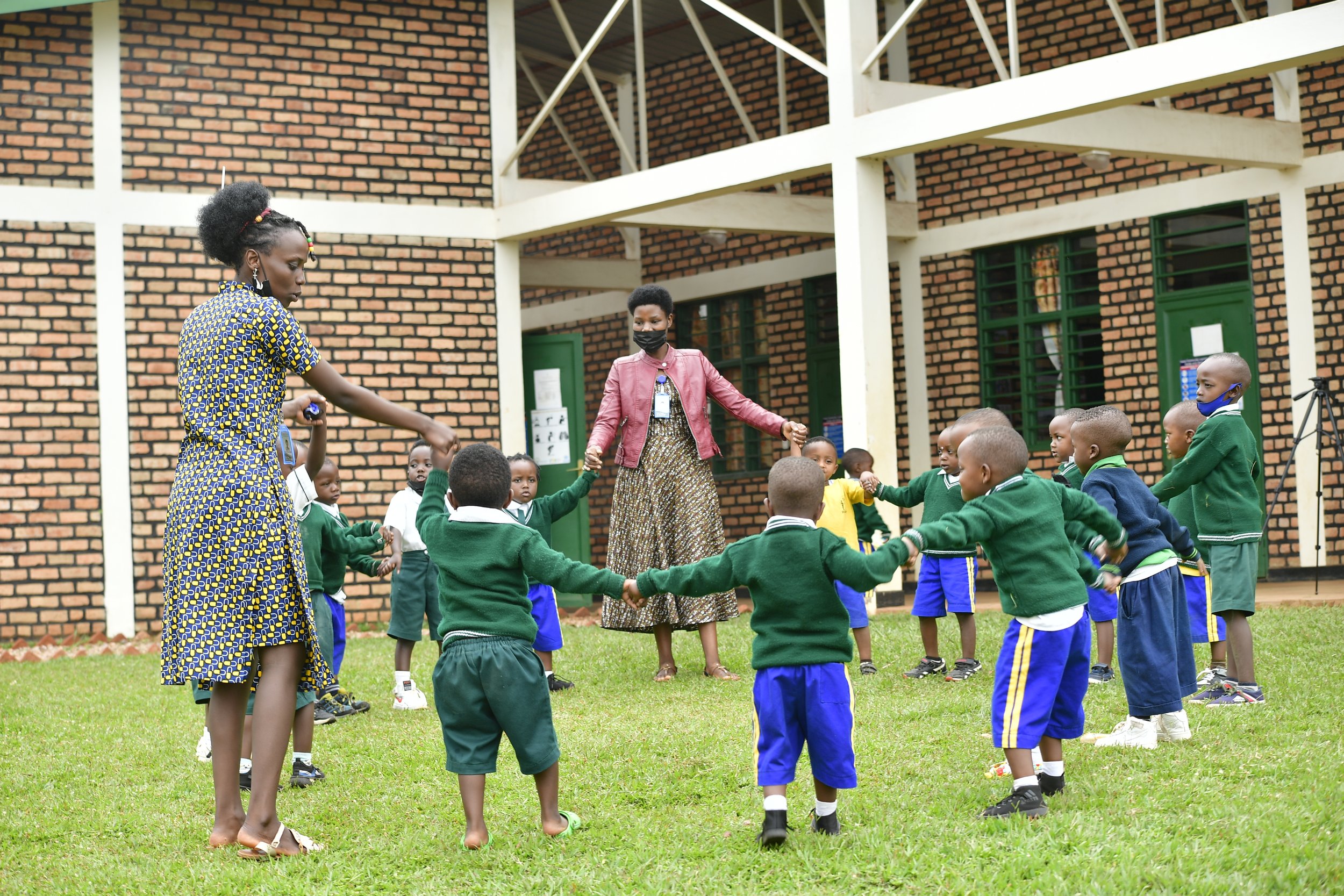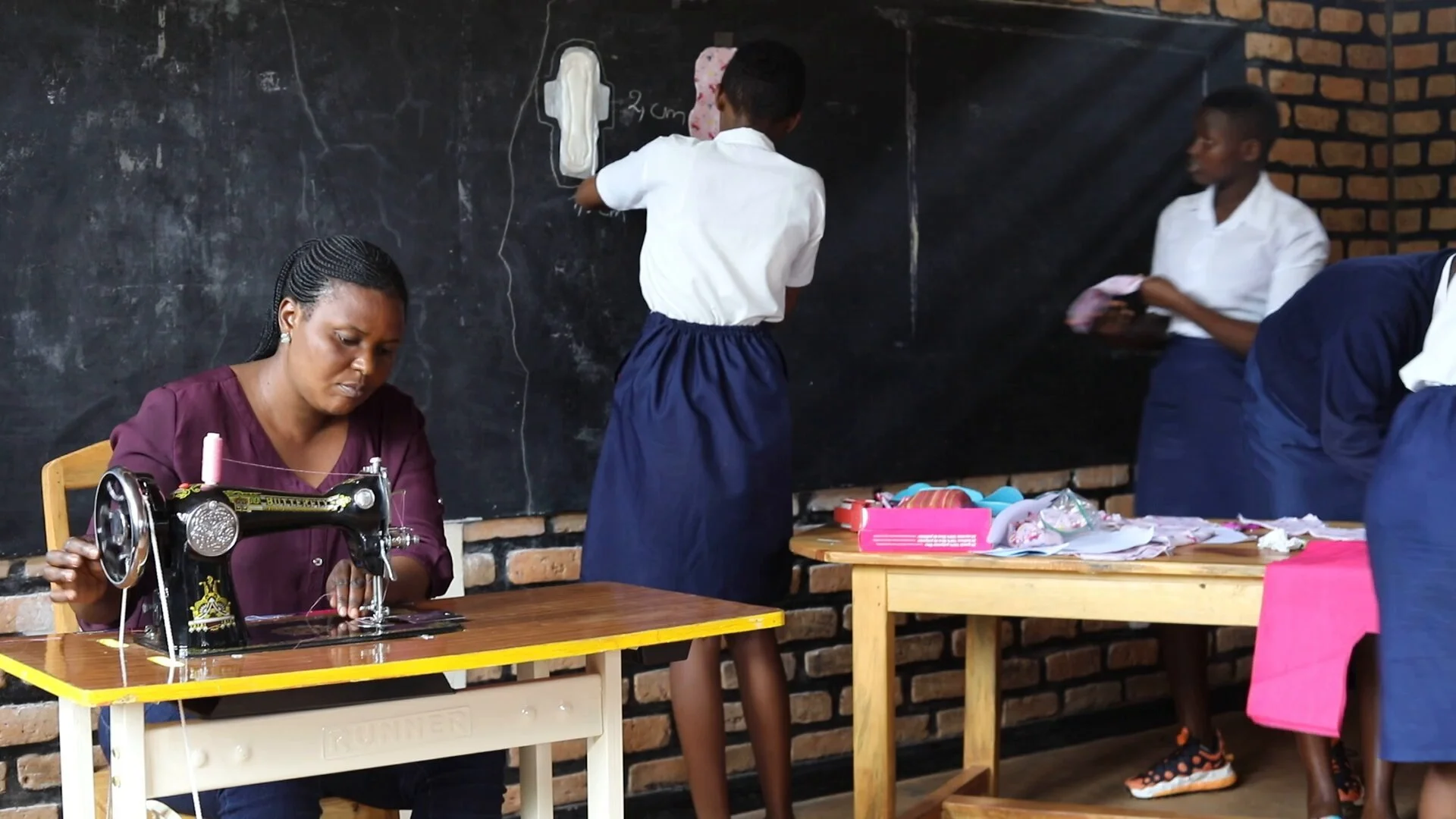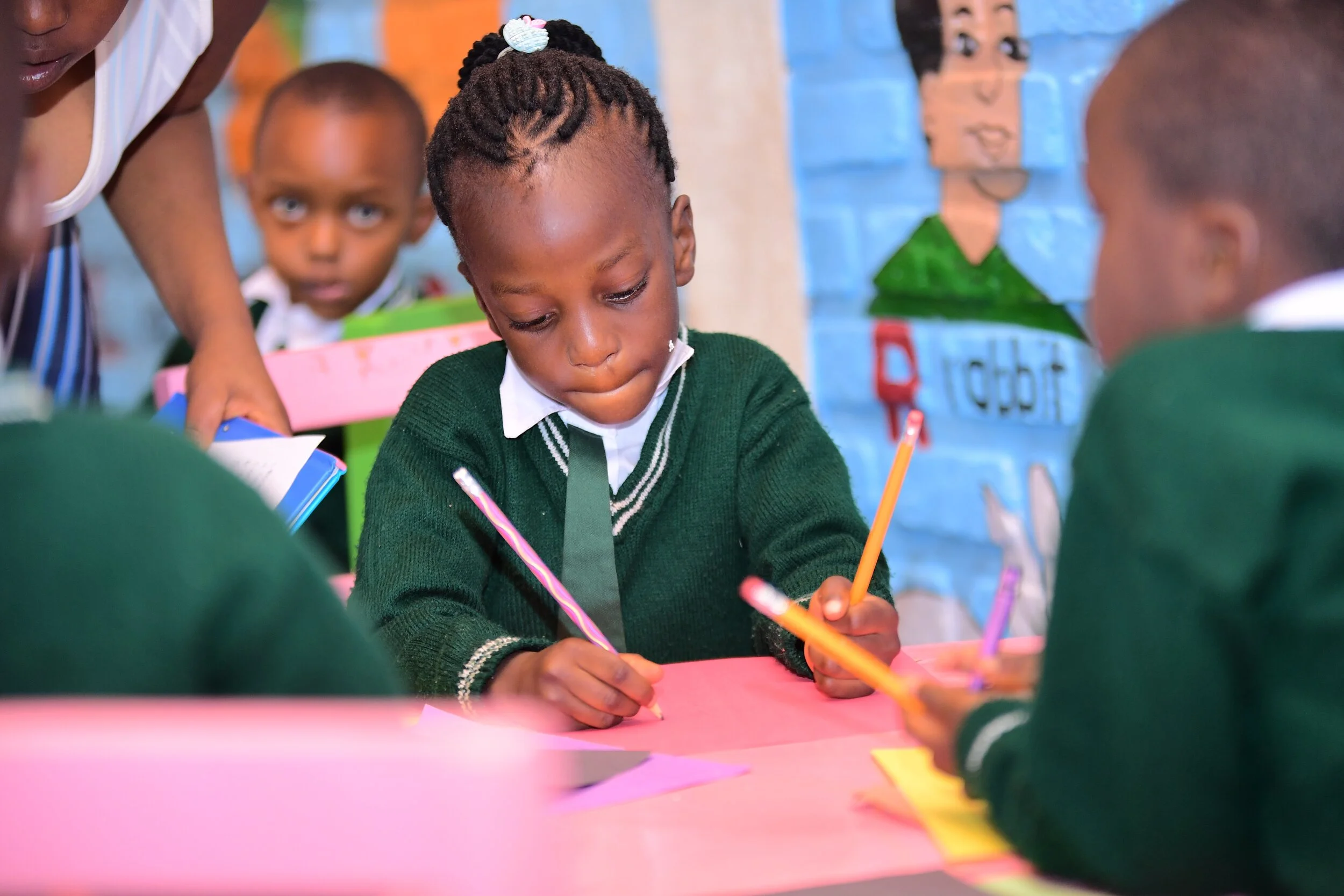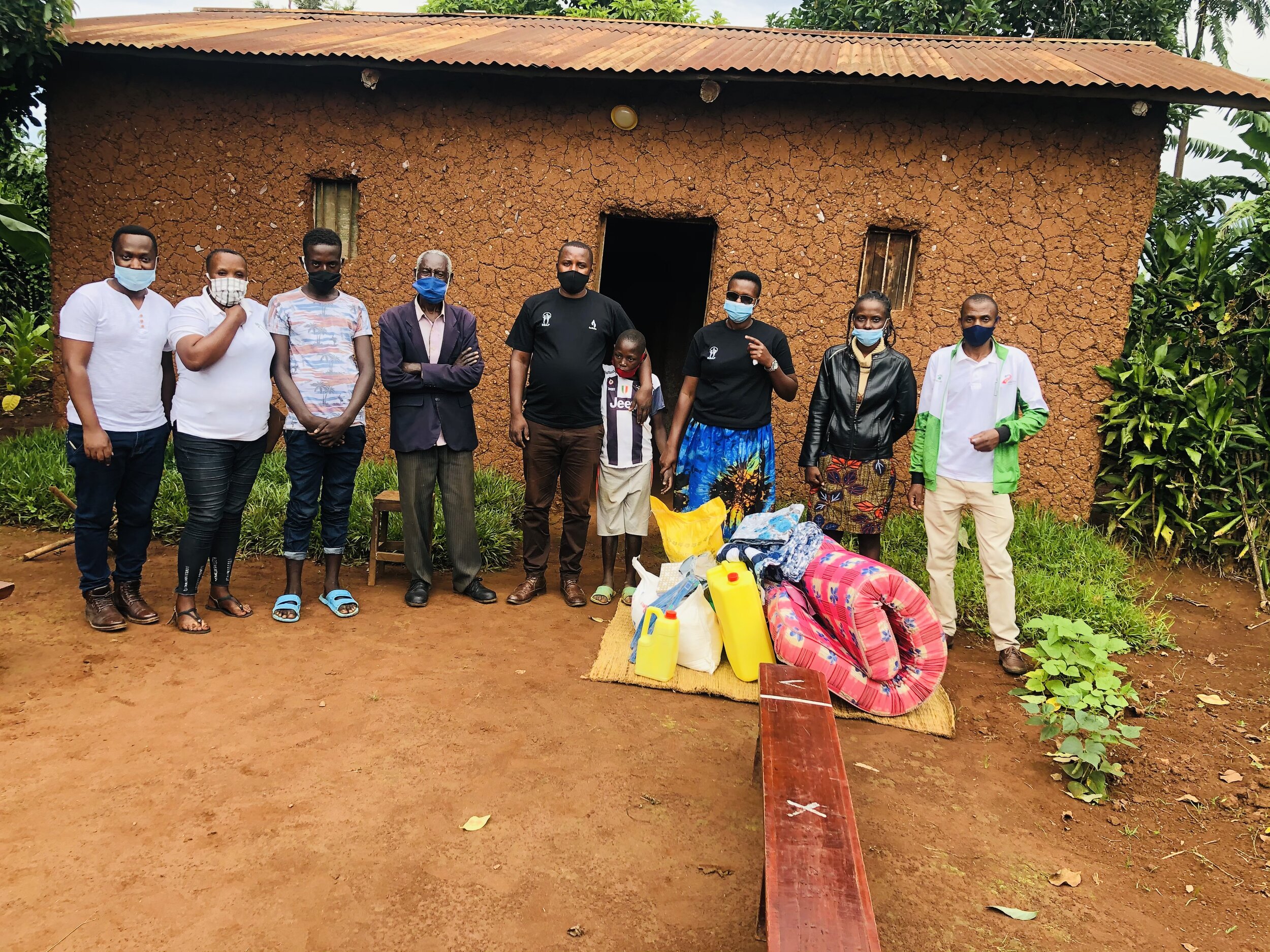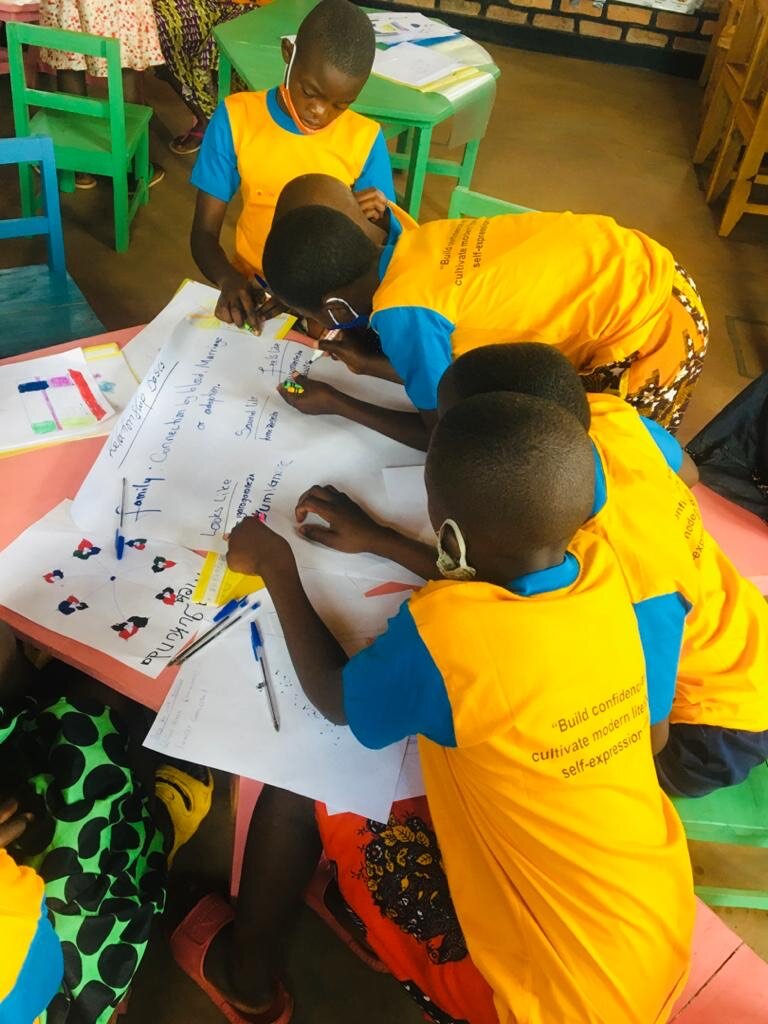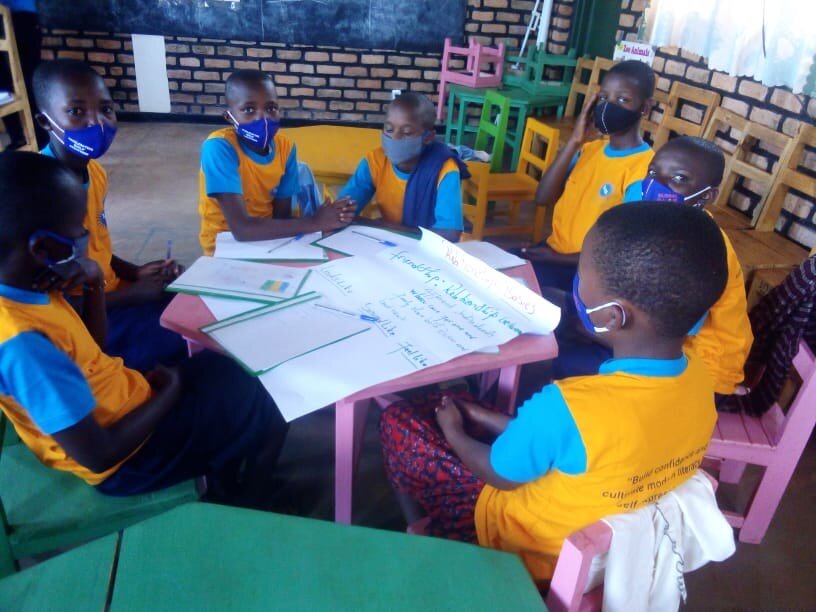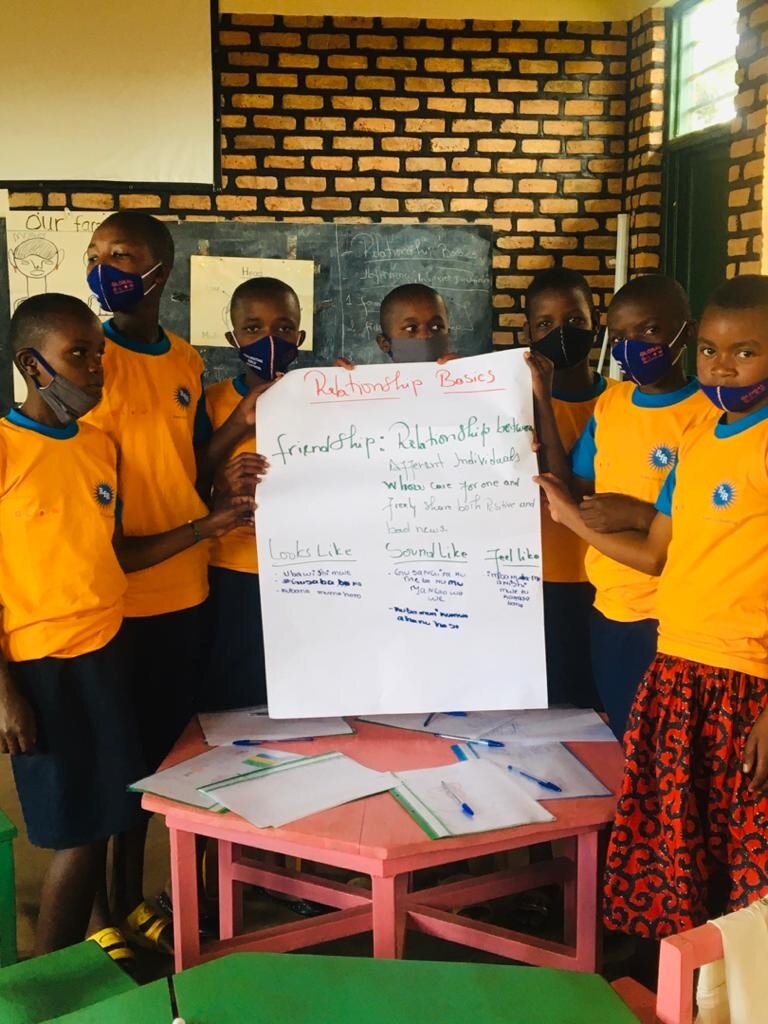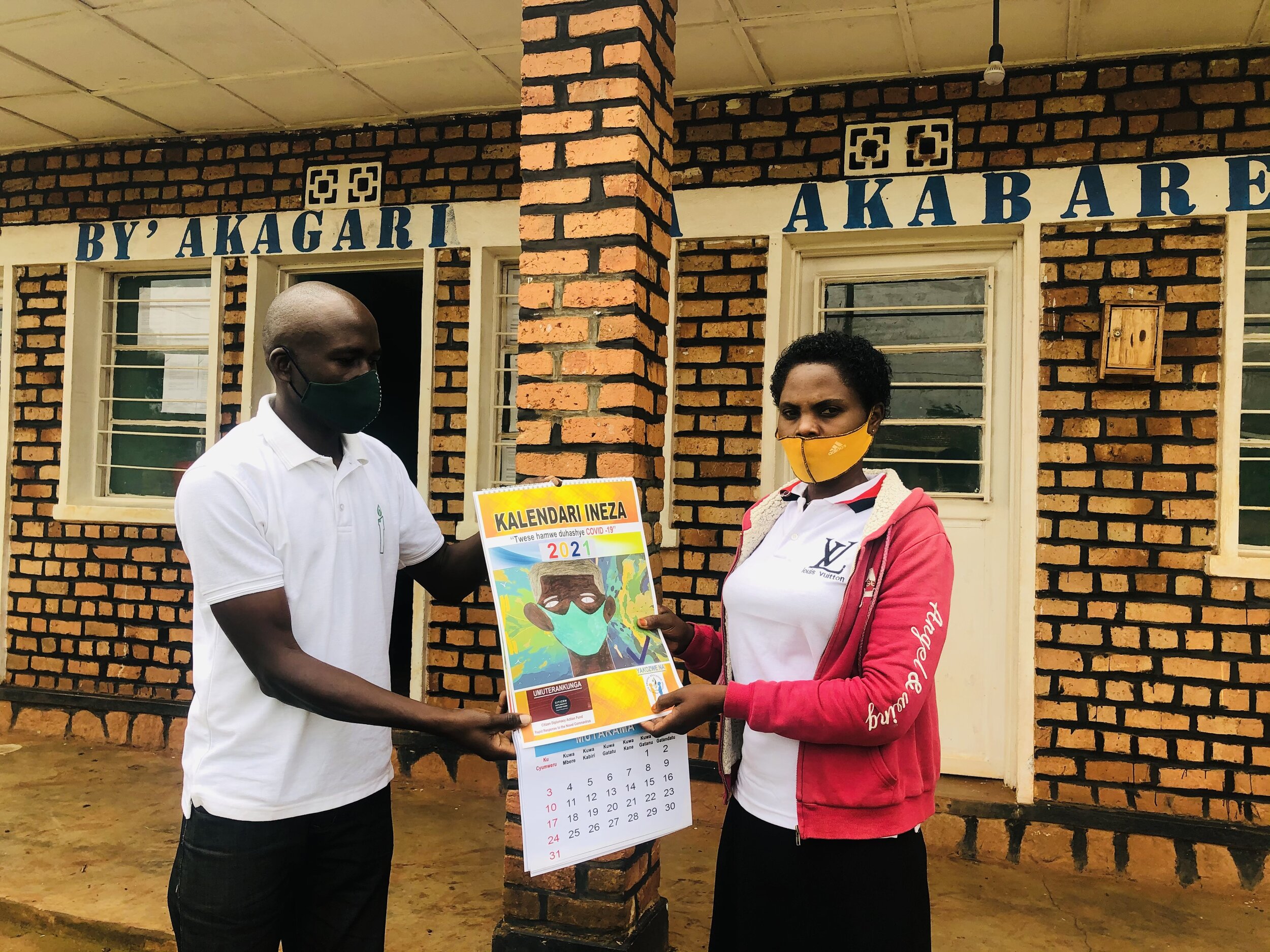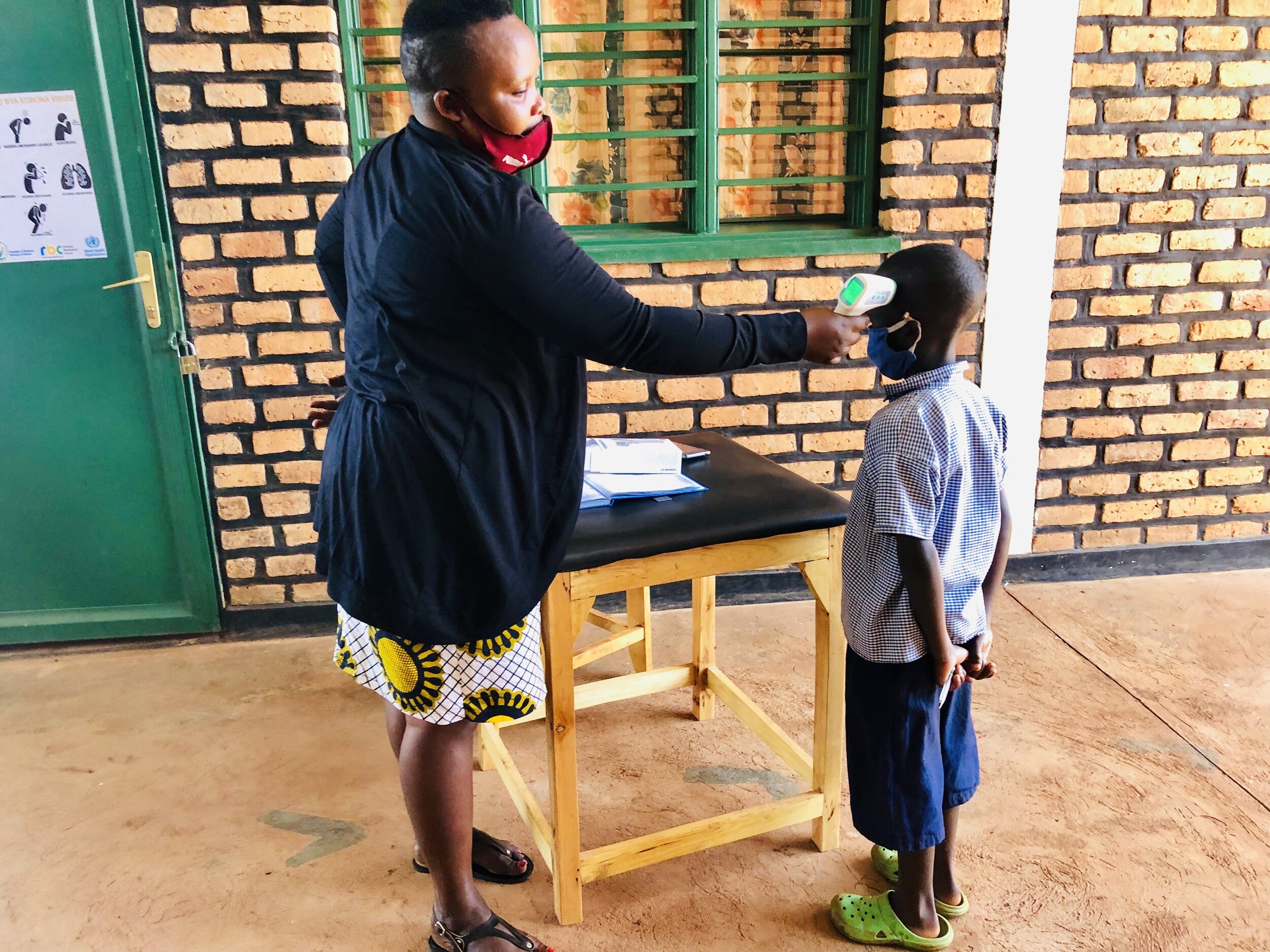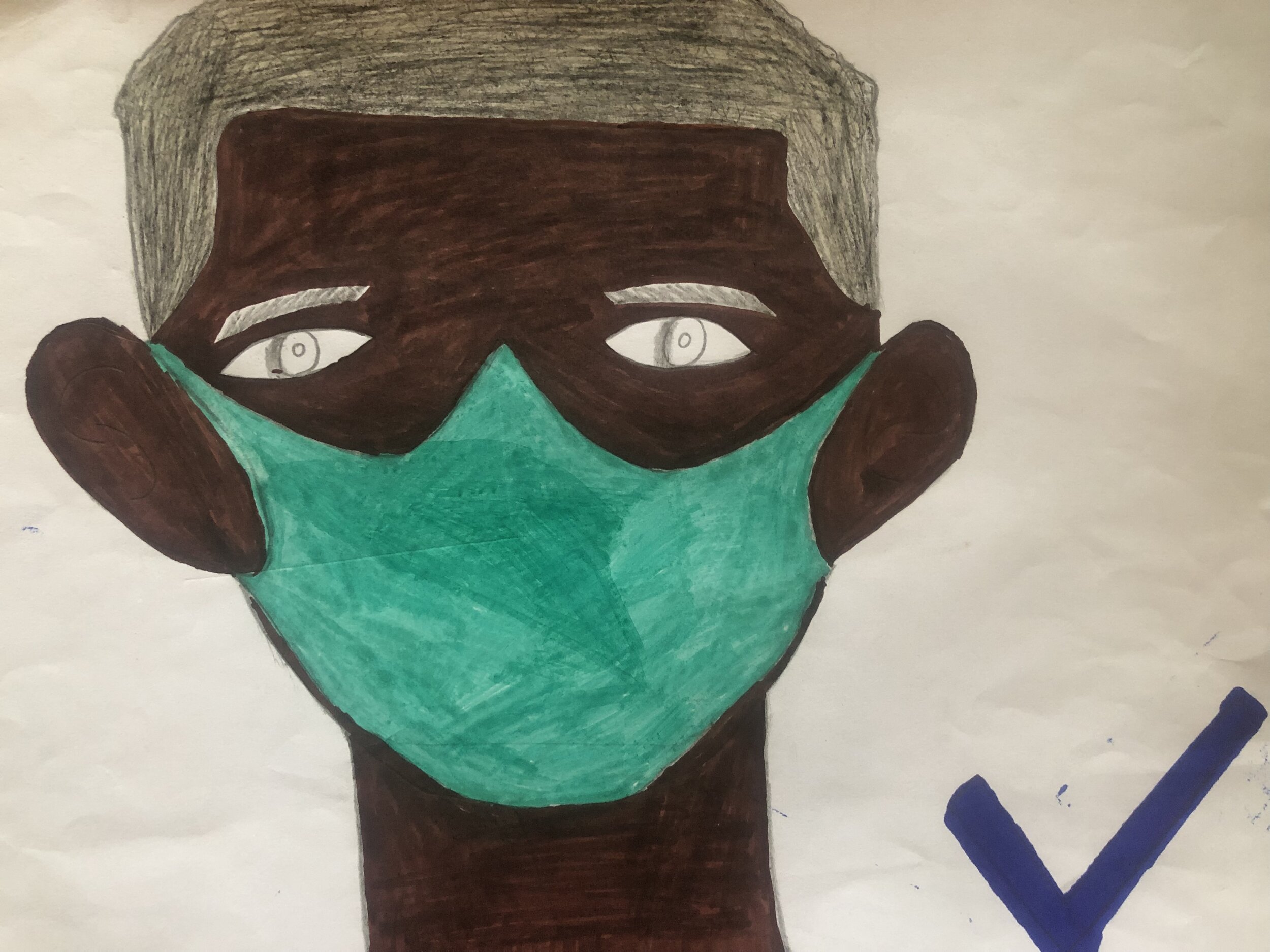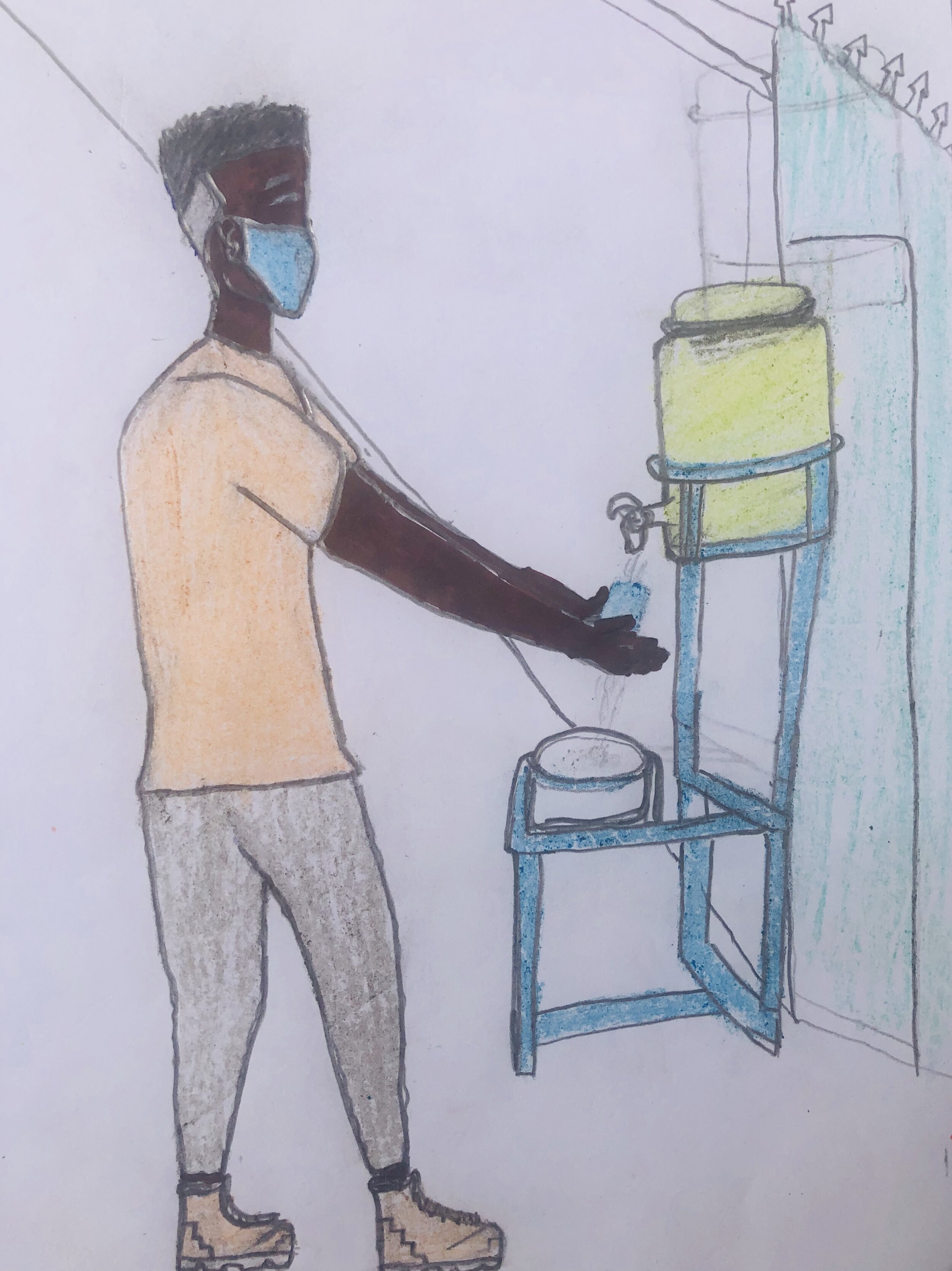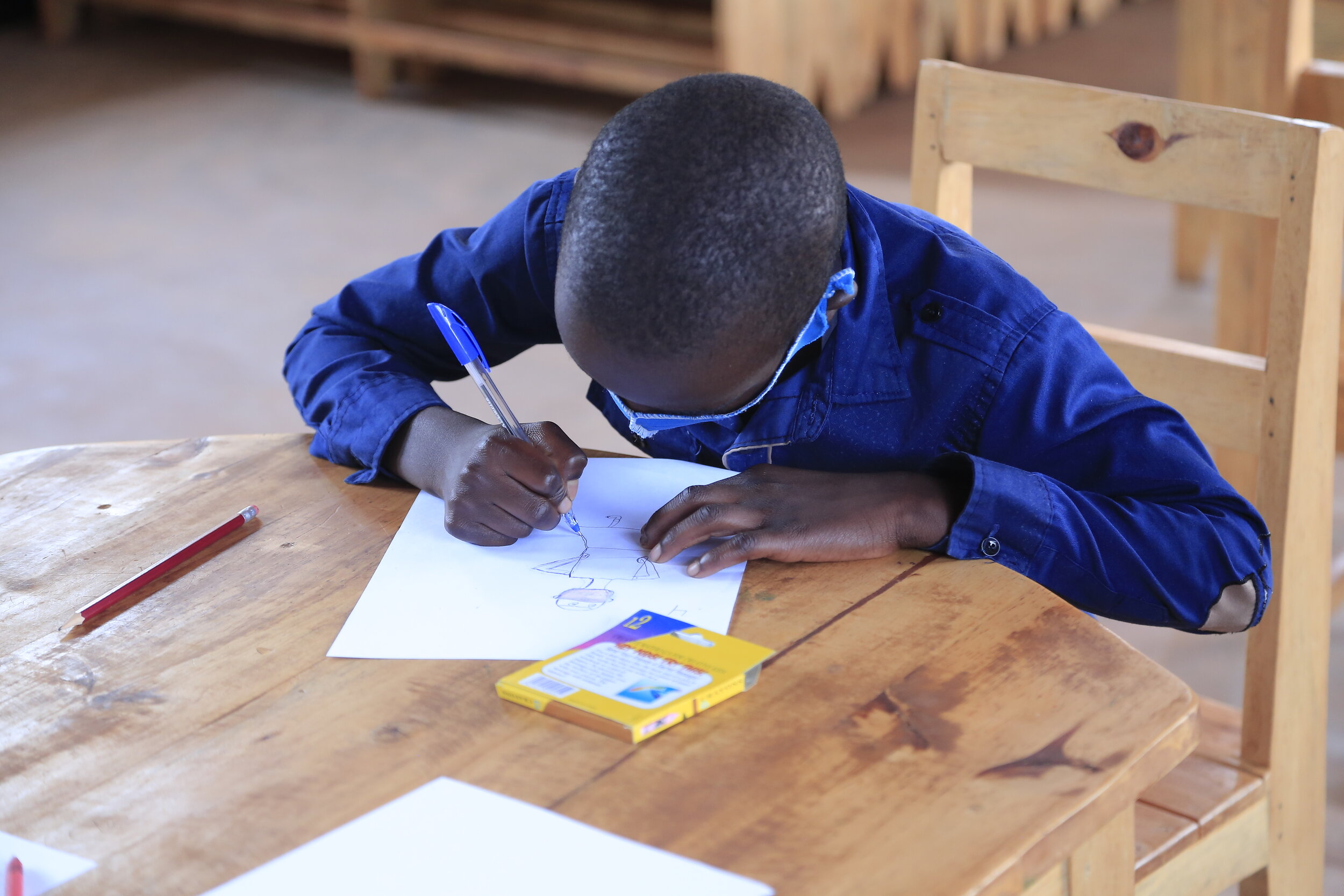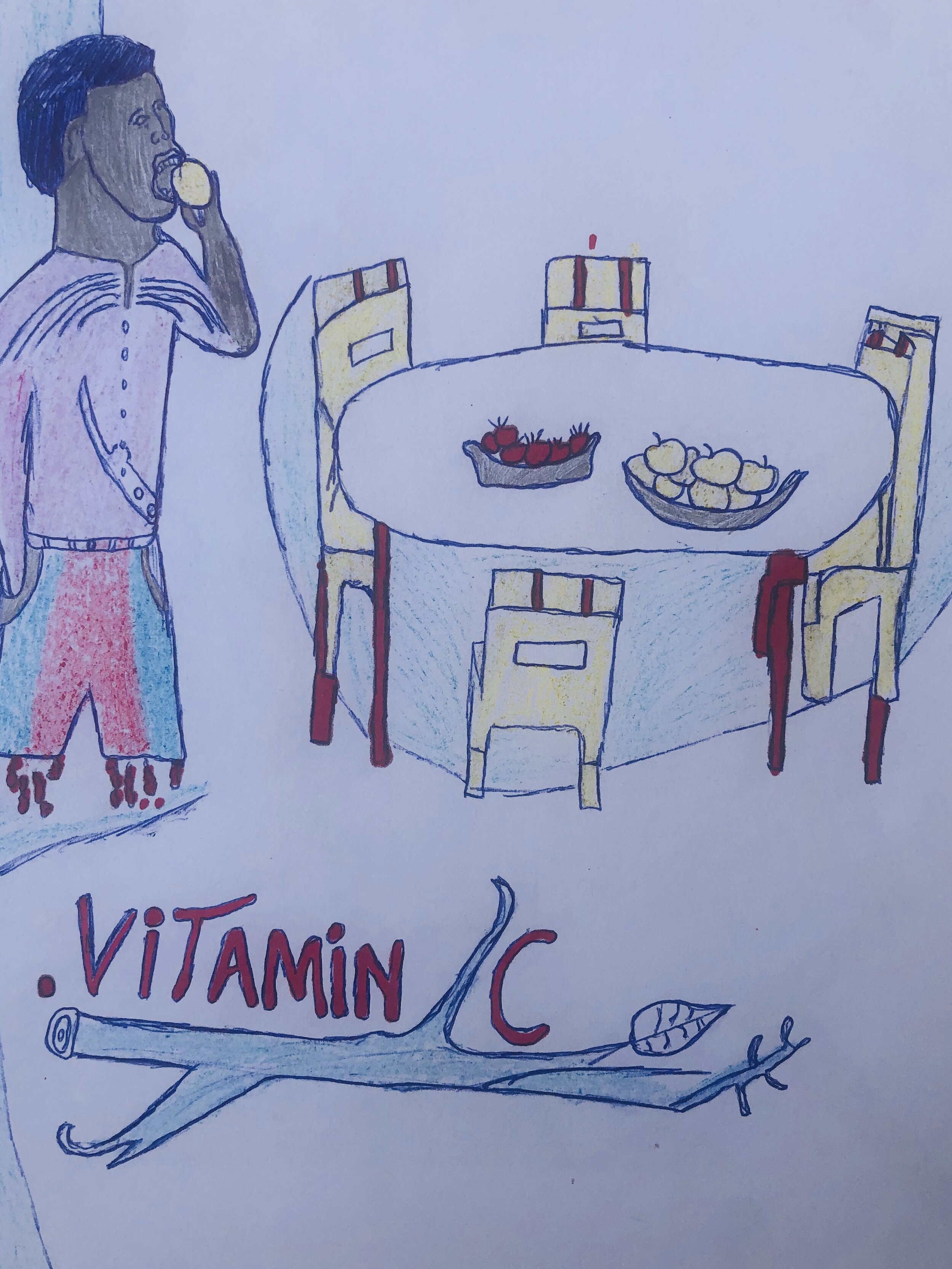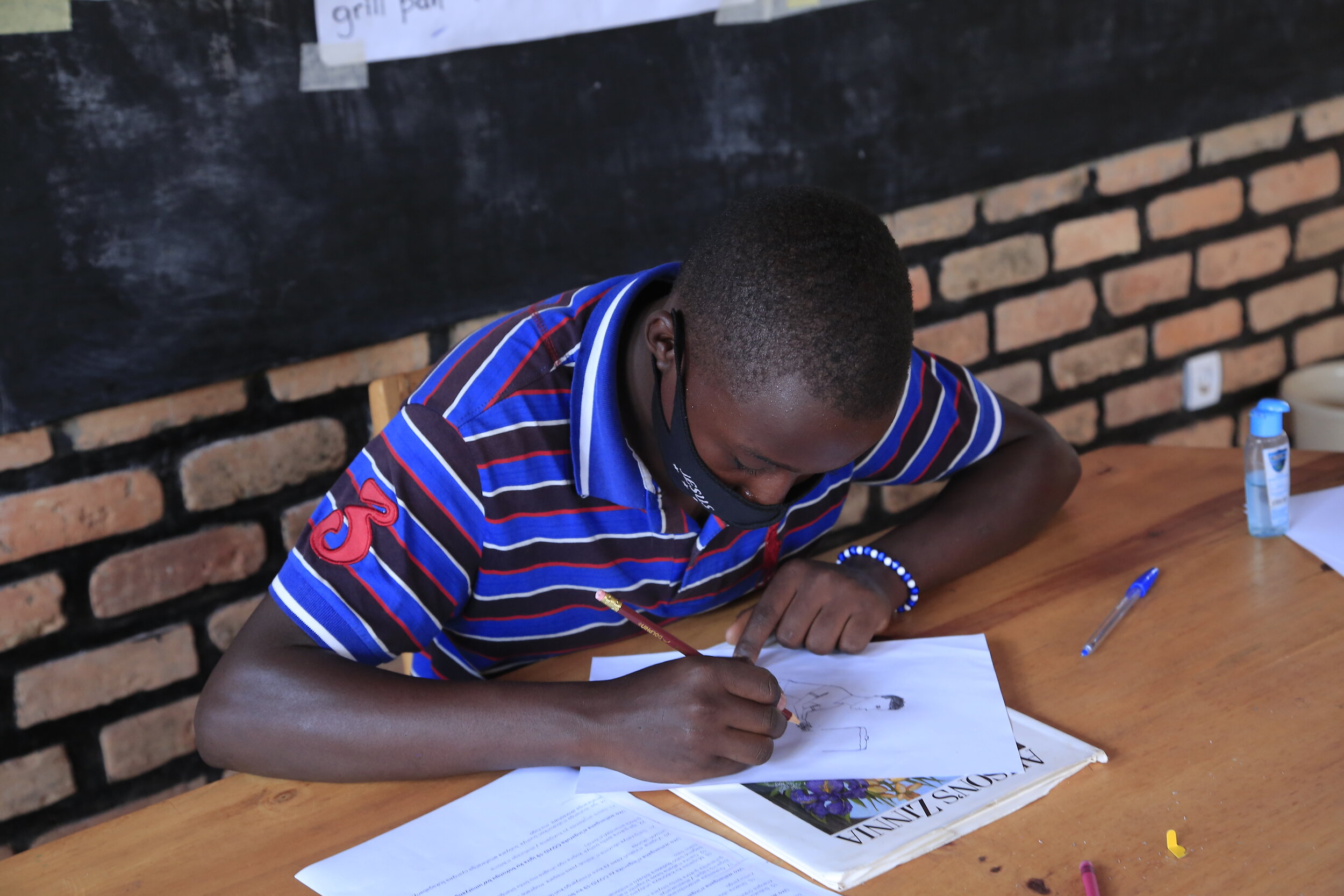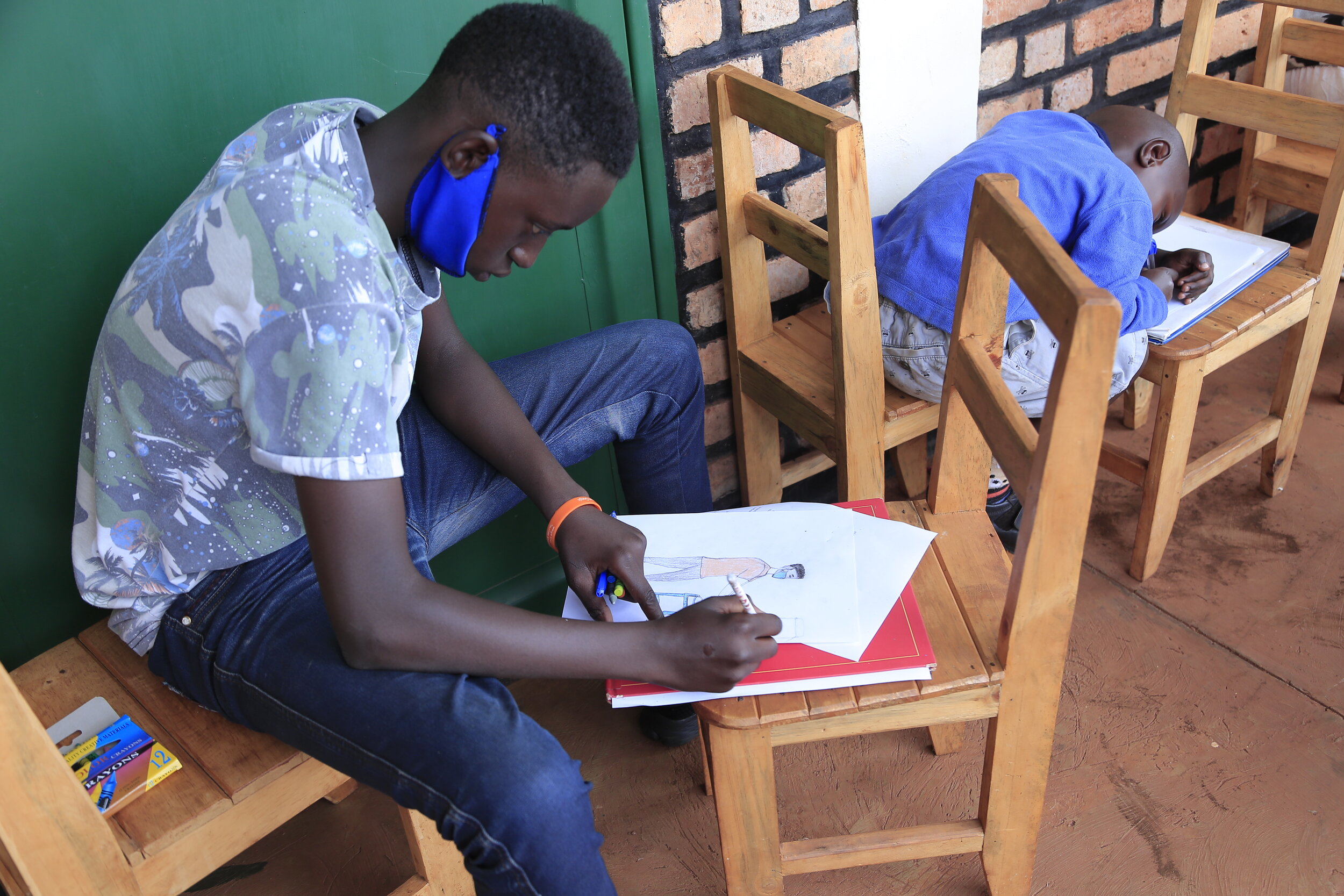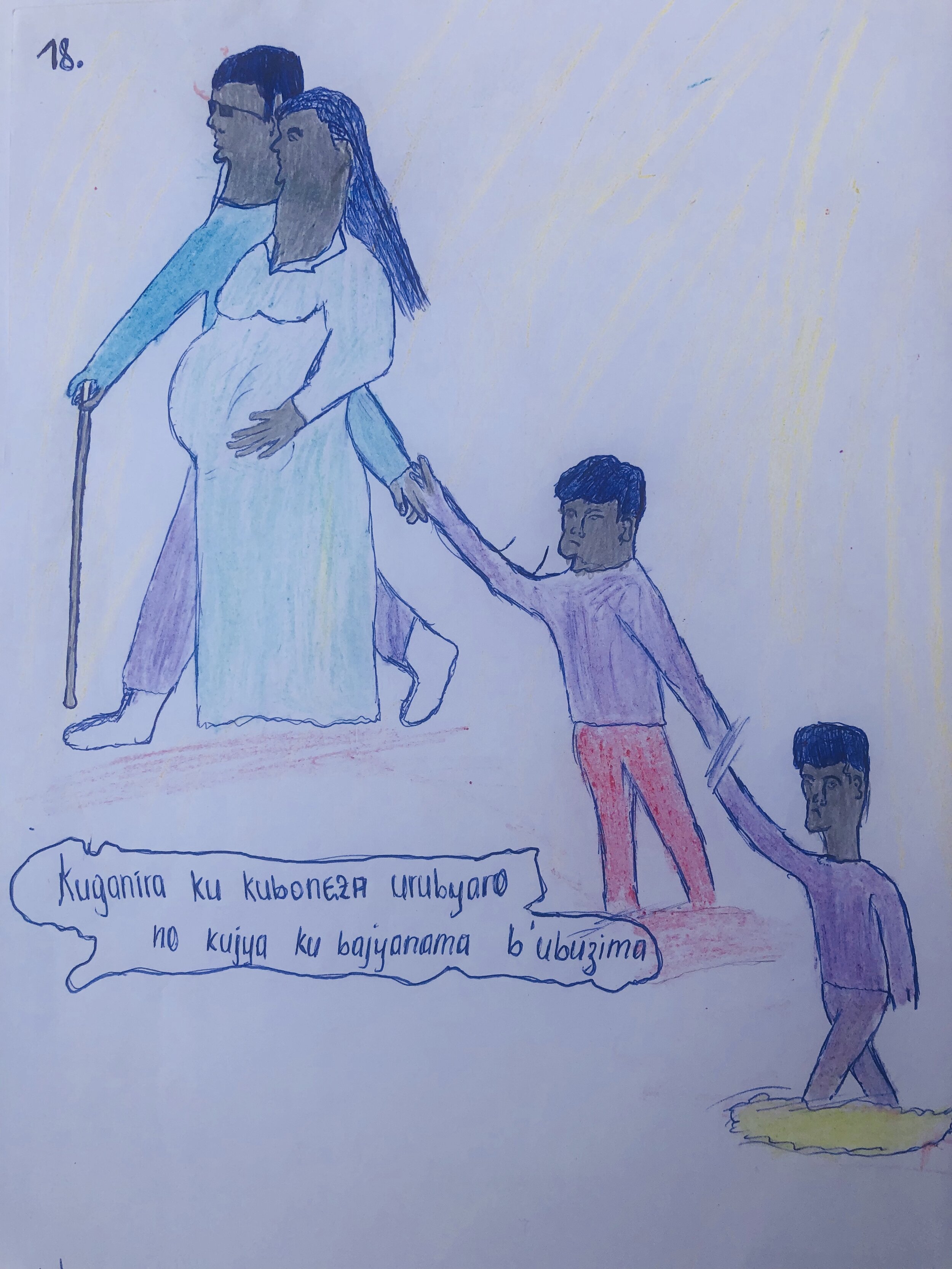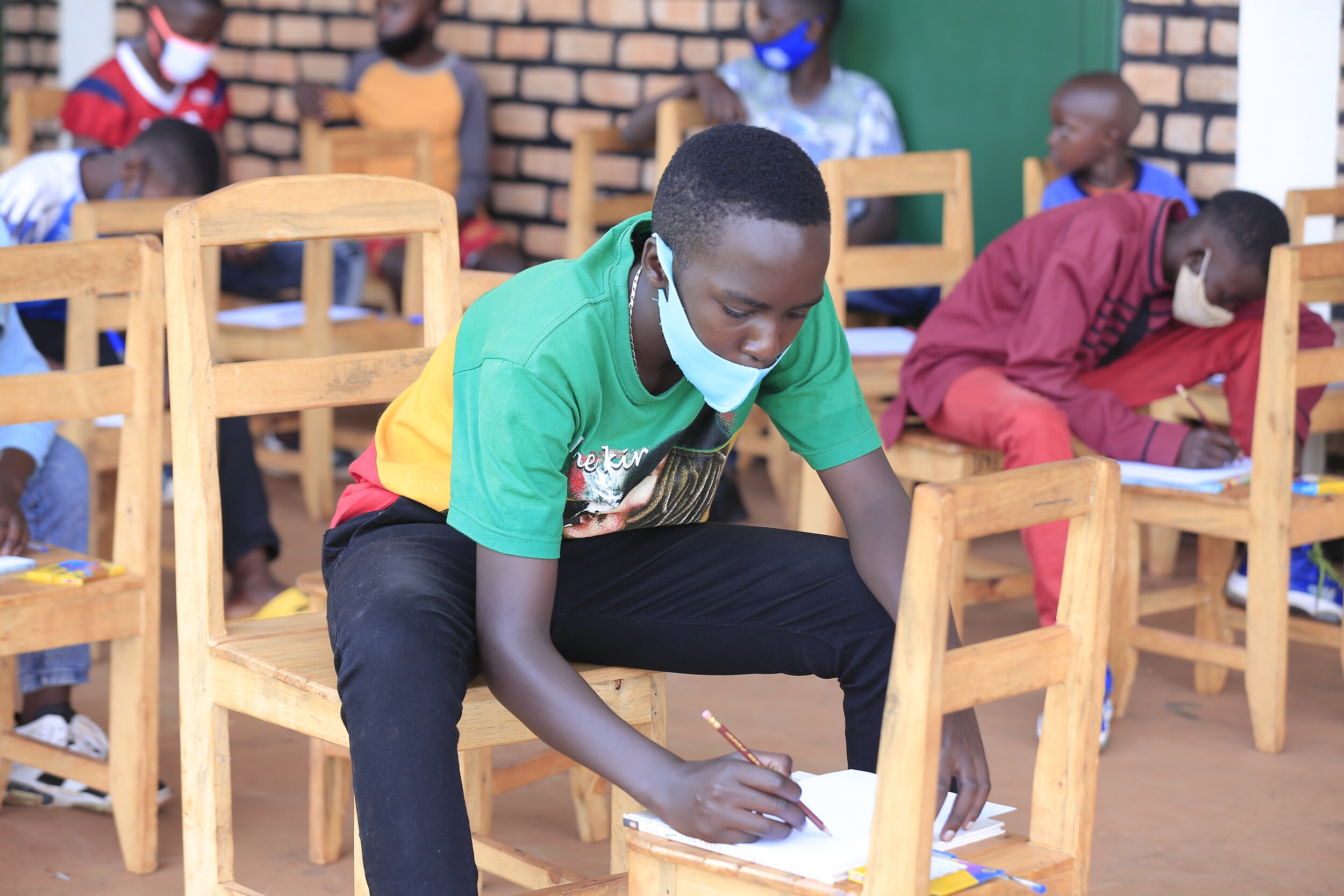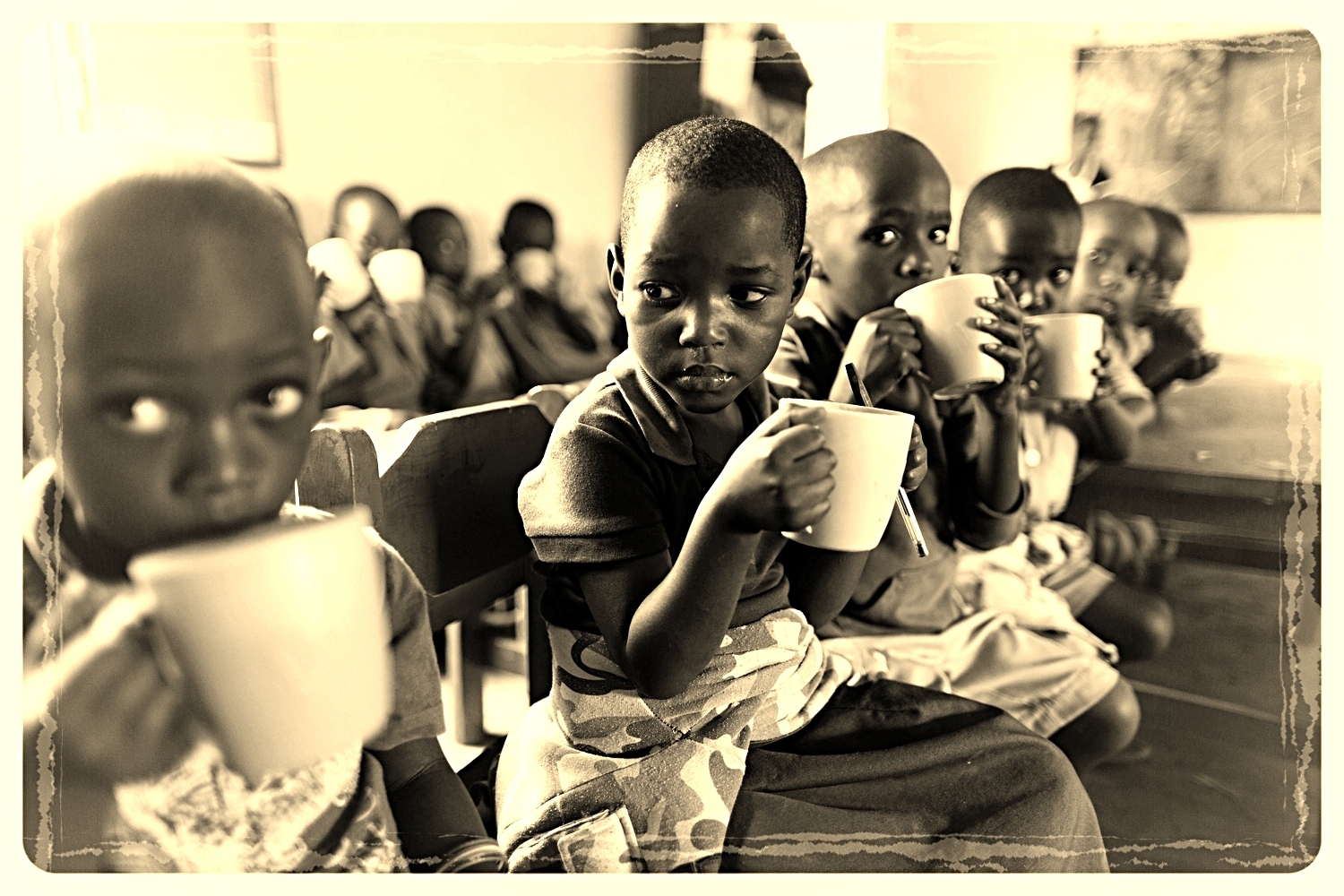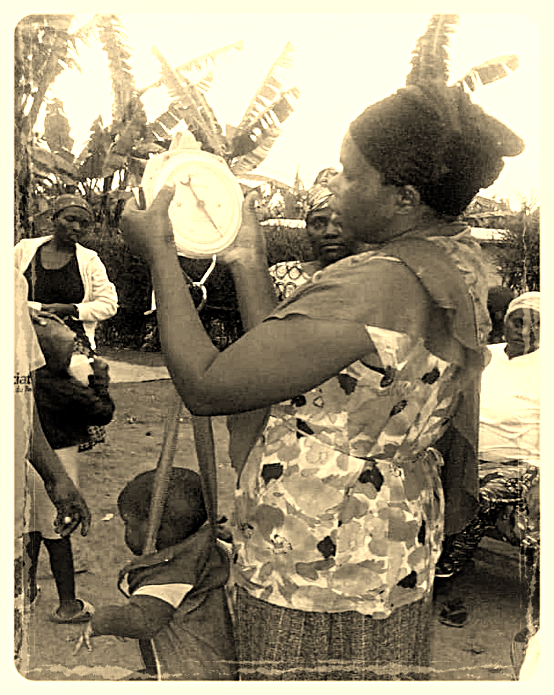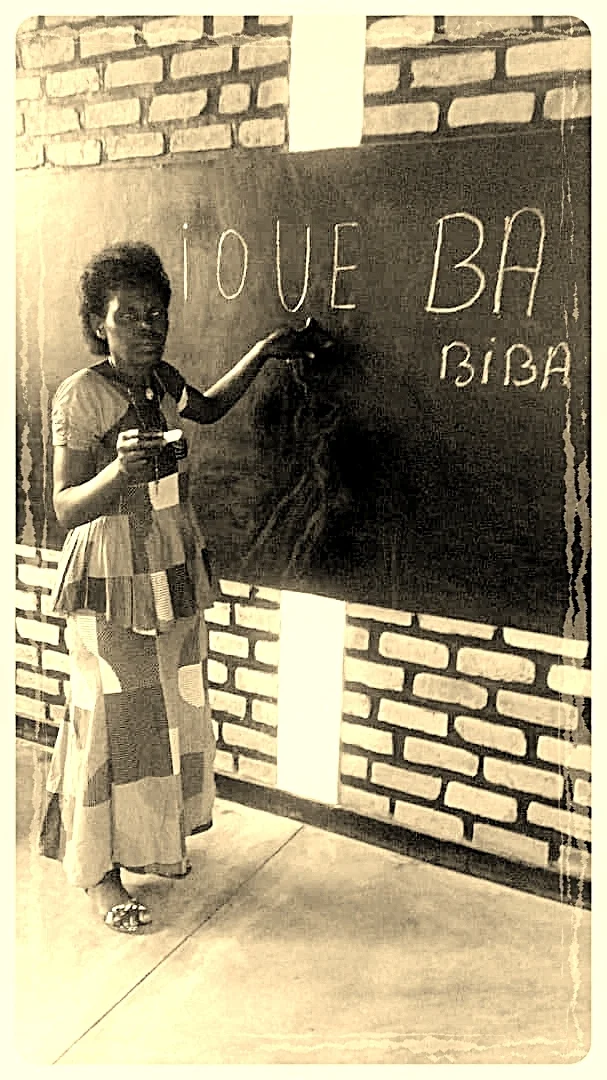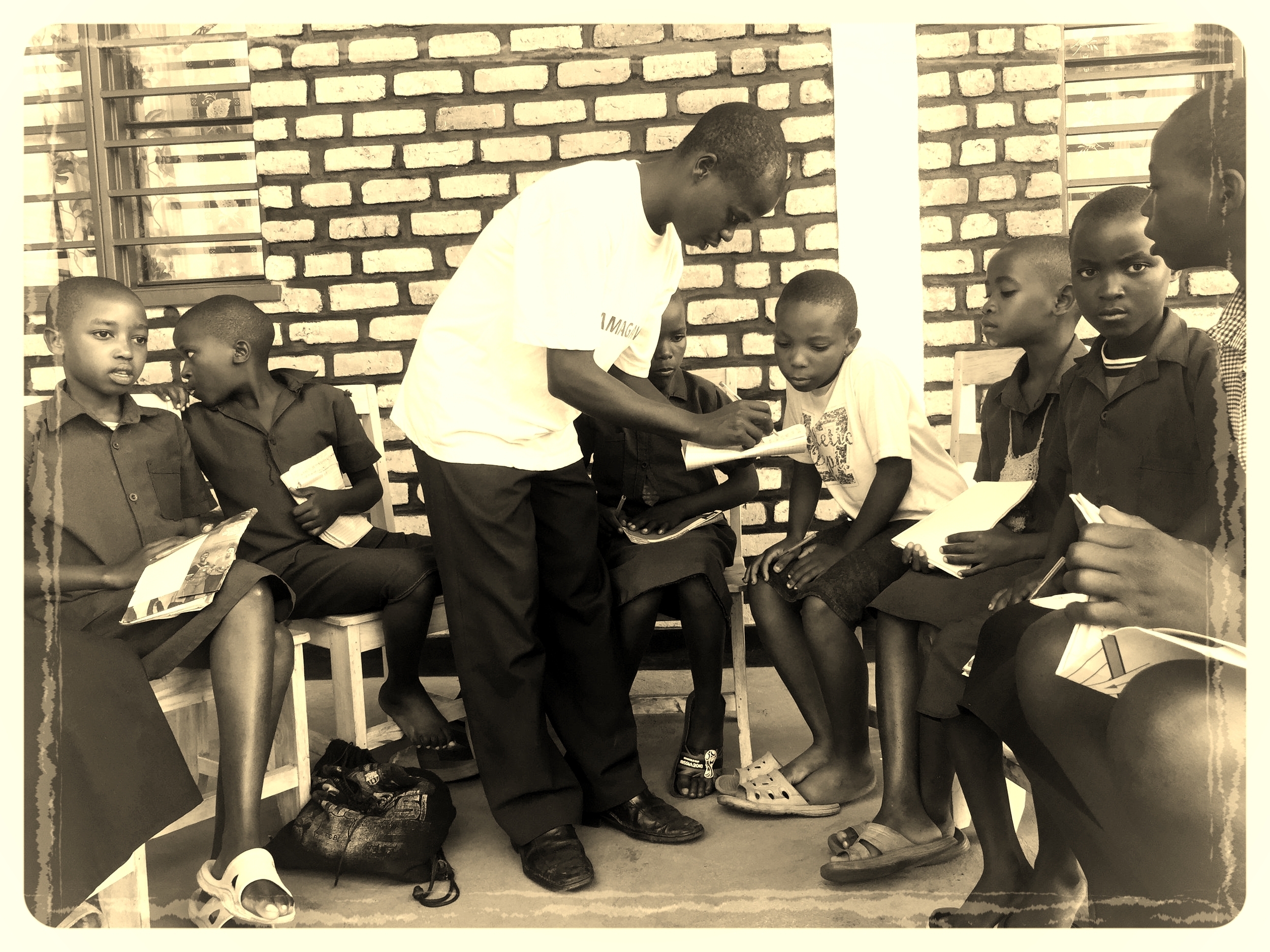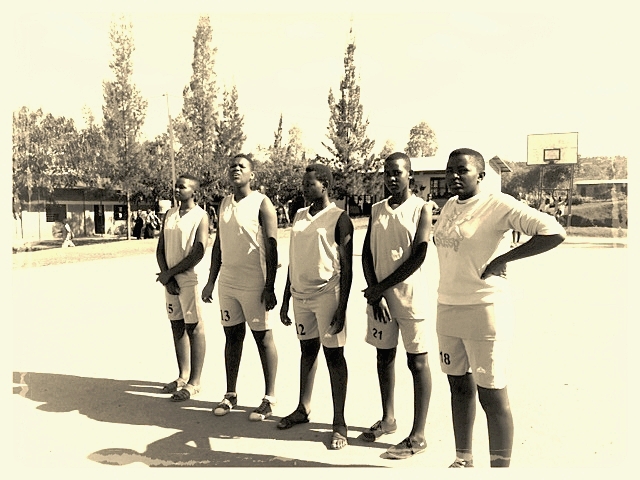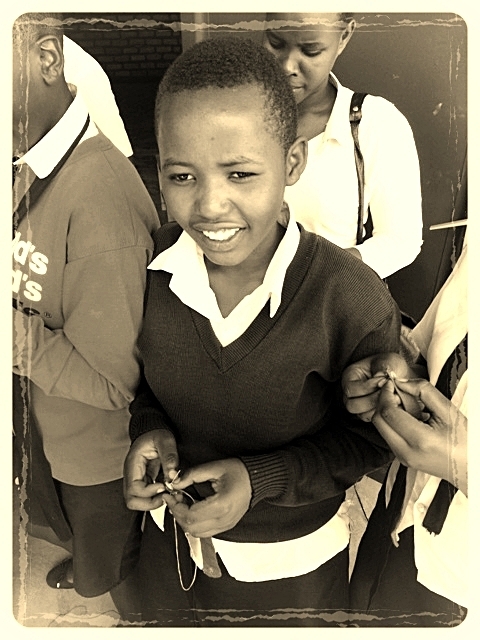REAP hosts members of the Rwandan Parliament
/Recently, three members of the Rwandan Parliament, the vice-mayor of Rwamagana District and a dozen of various governmental officials visited REAP as one of the main partners of the Rwamagana District in education and community development. The members of the parliament selected INEZA Community Learning Center and Library as the Musha community hub and visited the center to learn more about the services and programs it offers.
The visitors were particularly impressed by REAP’s integration of technology in education and various self-help groups we host and train to improve lives as well as our integrated approach to education and community development. Ihuriro (our newly renovated center) was selected as a meeting venue where the three members of the parliament, the vice-mayor of Rwamagana District and other various staff met with about 300 community members. Government officials talked to the community about the pressing issues including family conflicts, hygiene, and sanitation as well as micro-savings. The vice-mayor honored REAP for renovating the Ihuriro center and for revitalizing economic development through the formation of a tailoring cooperative which will be producing sustainable sanitary napkins and school uniforms.
